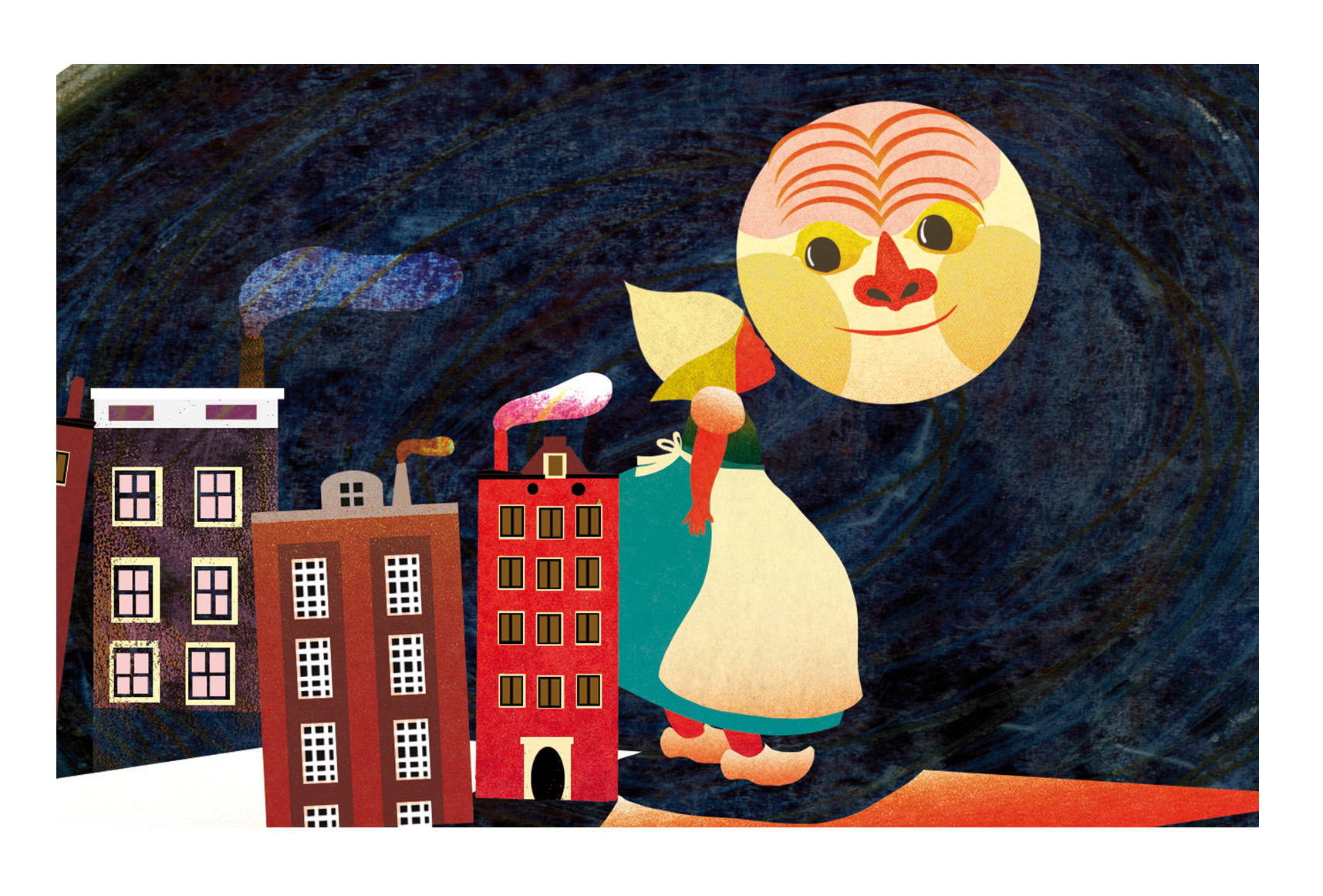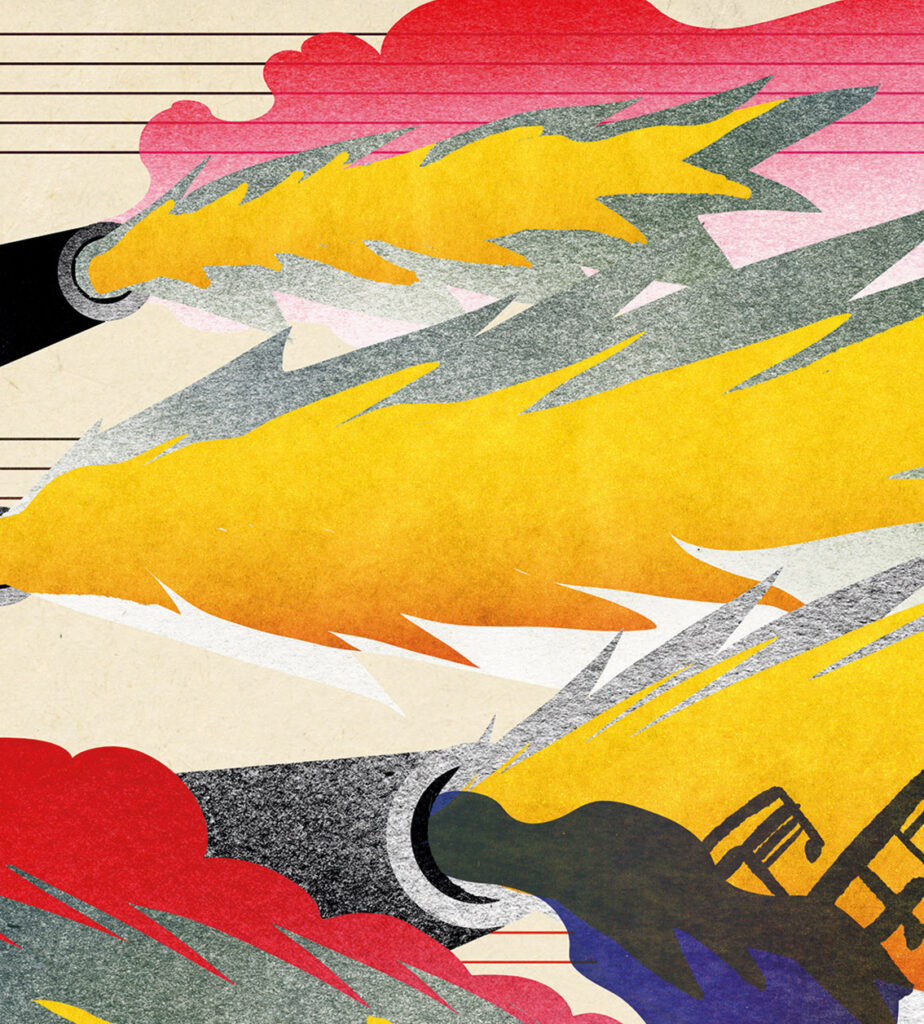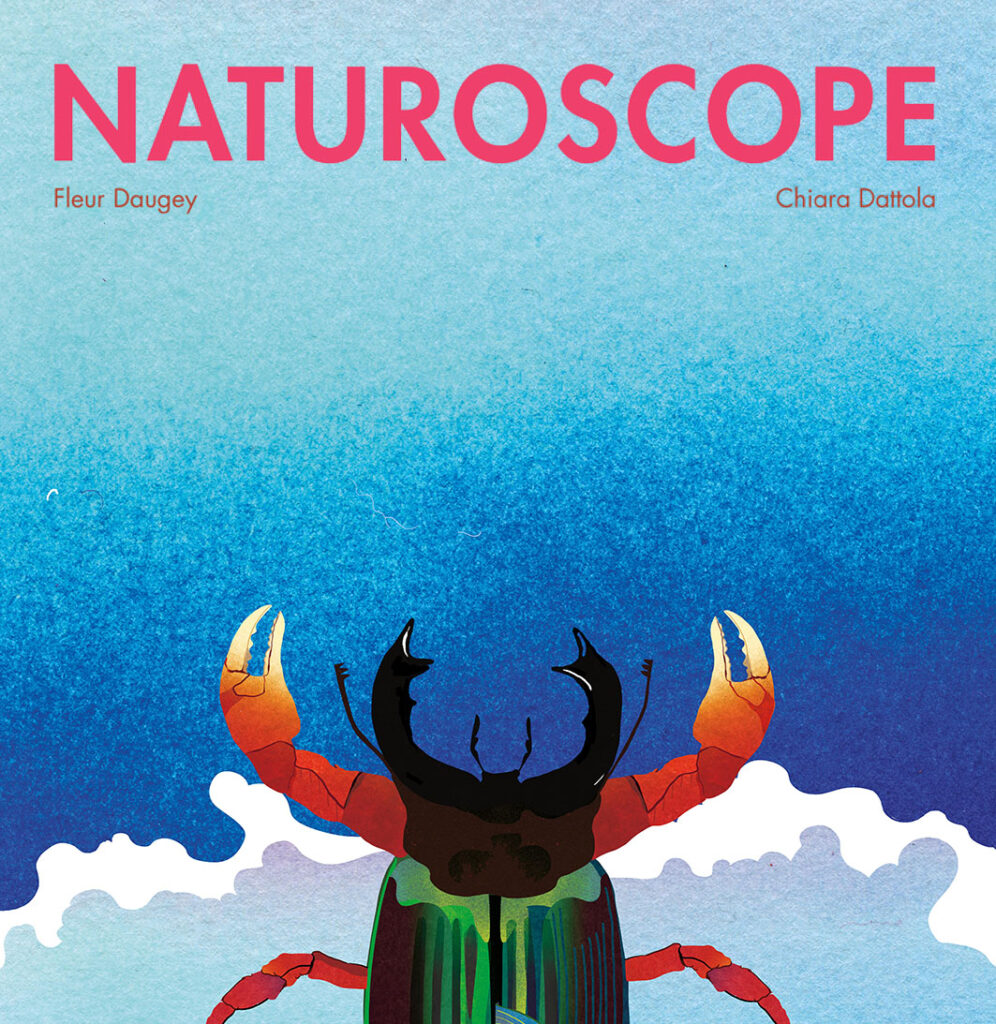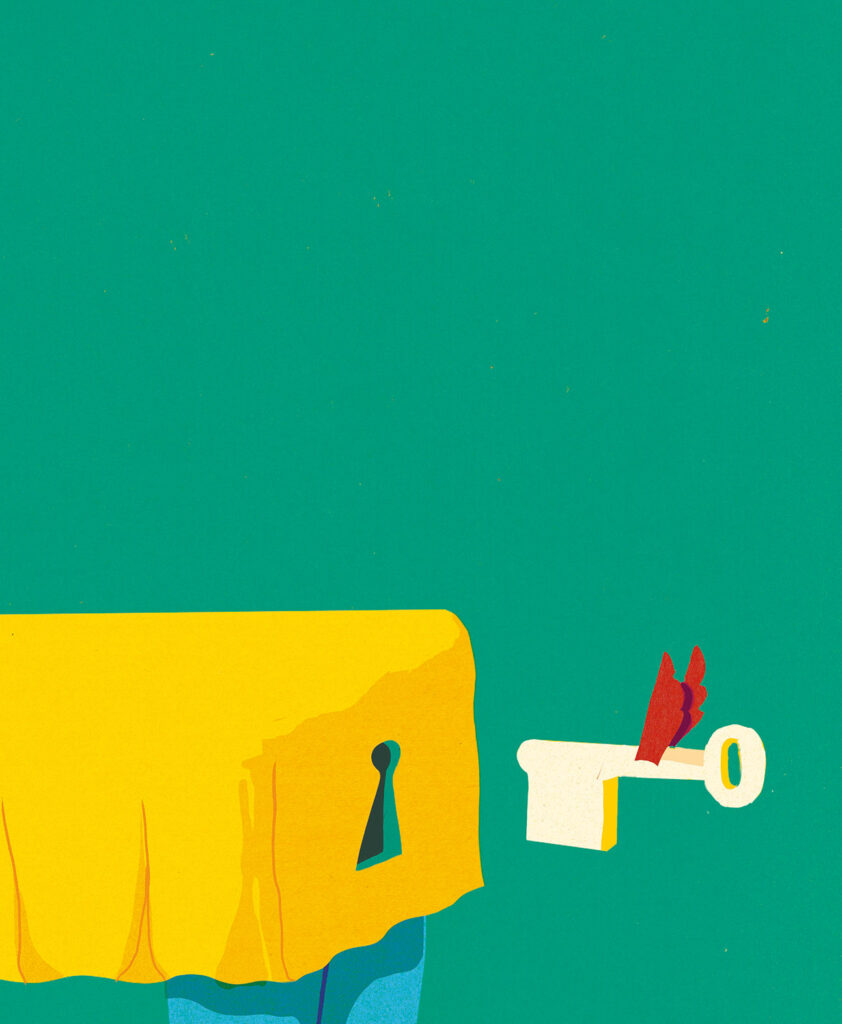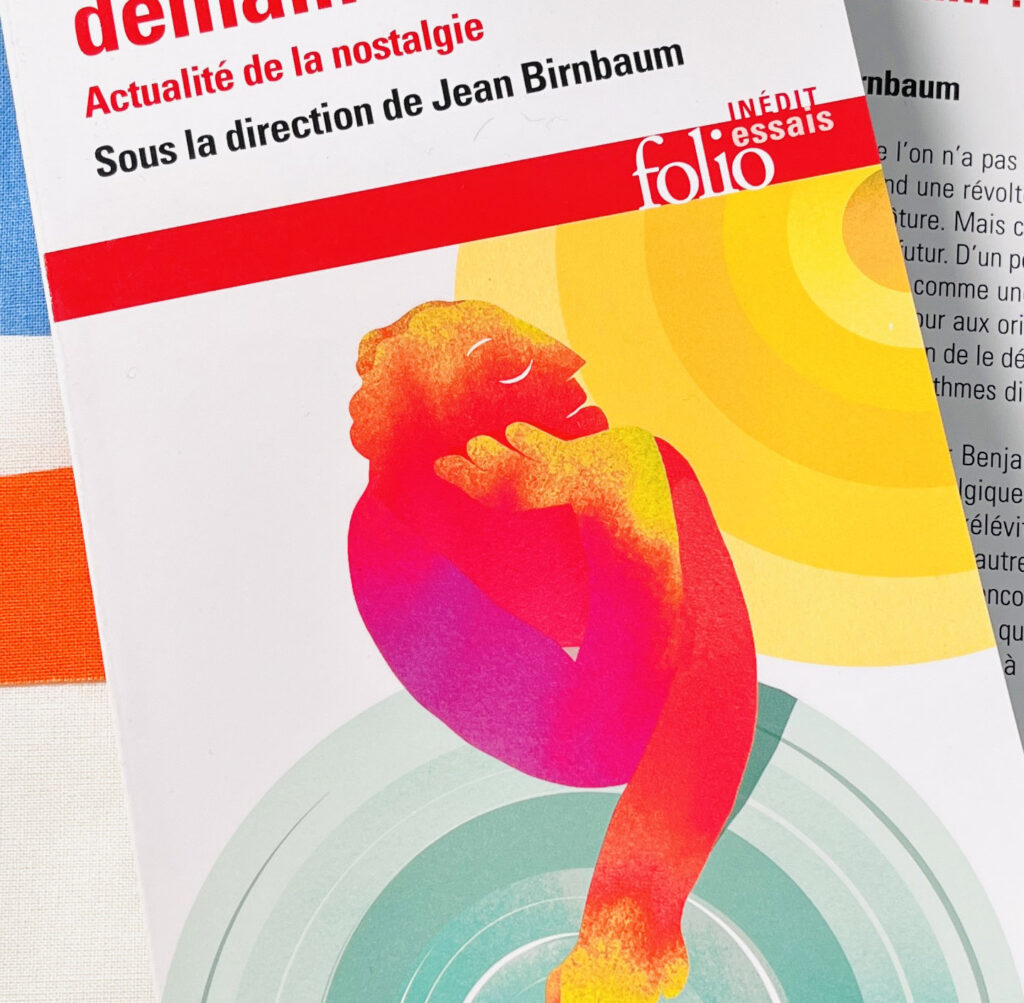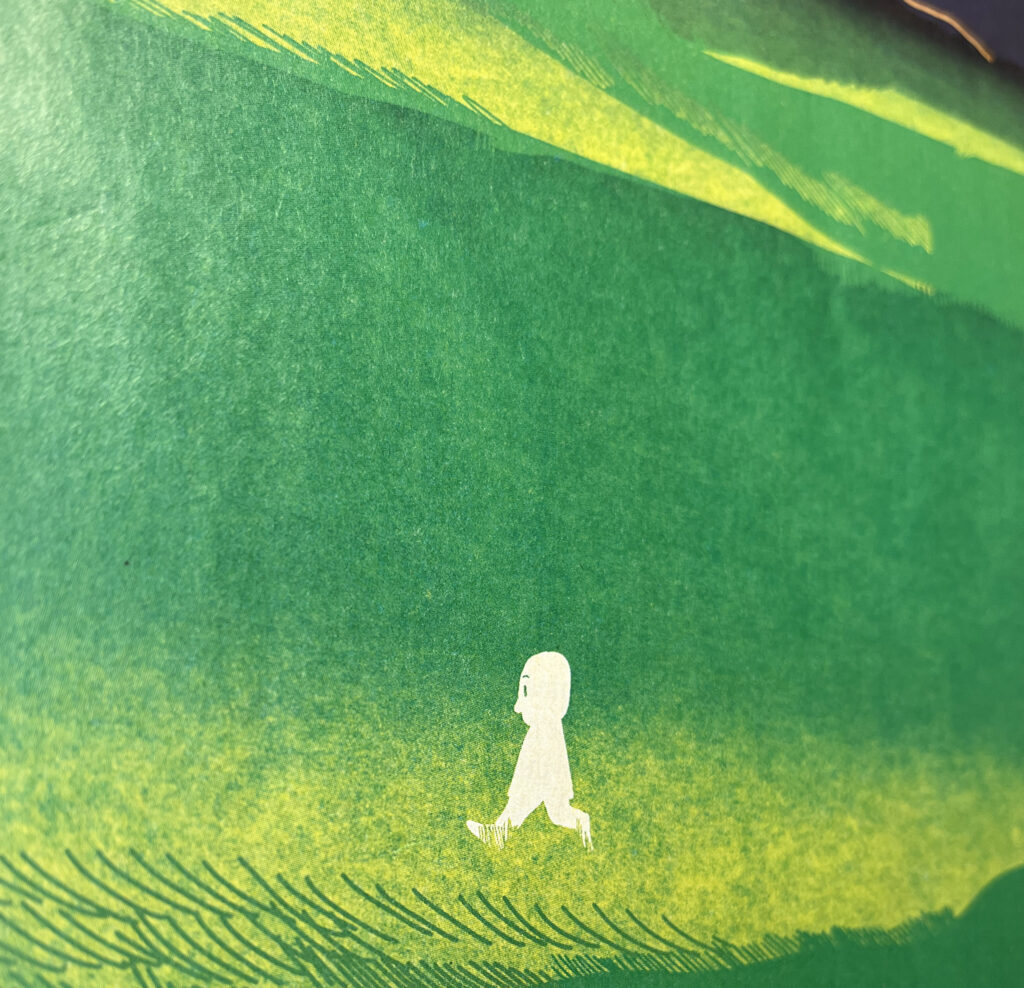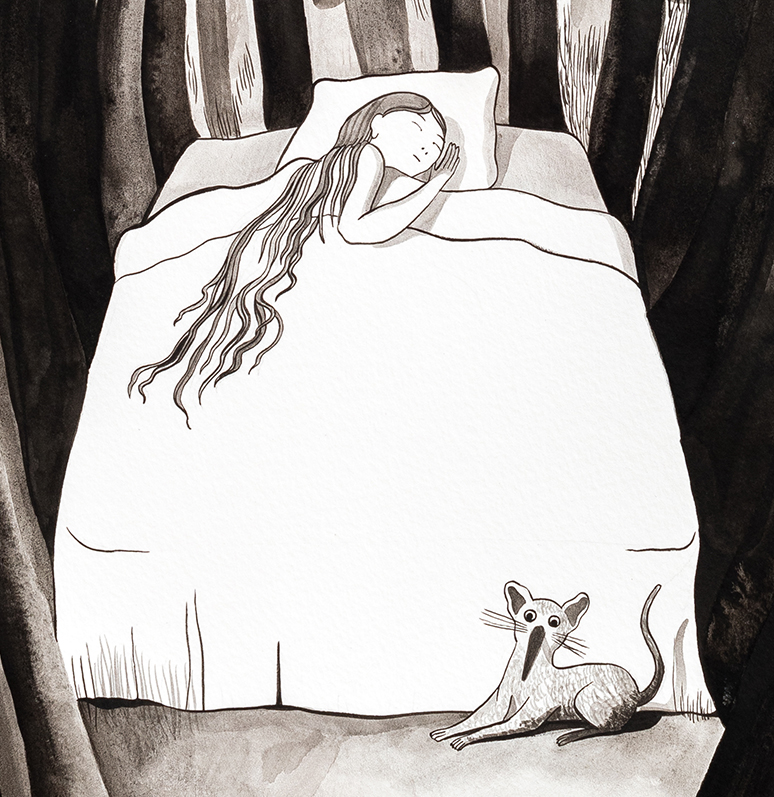INTERNAZIONALE
SCIENCE
Illustrations on the topic of Science, as published in Internazionale.
Why Weather Forecasts Are Poised to Improve Dramatically Right Now.
By Benjamin von Brackel
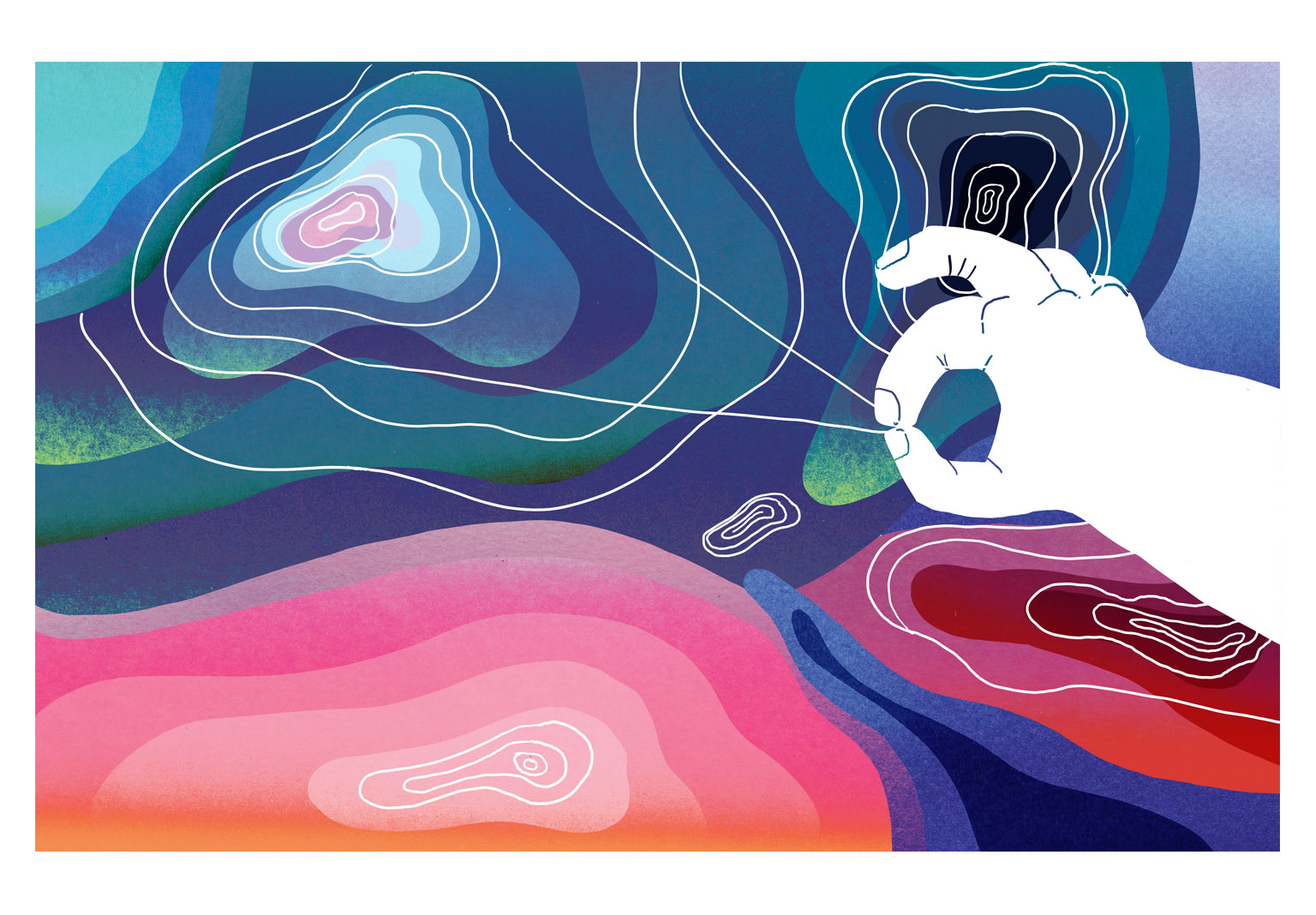
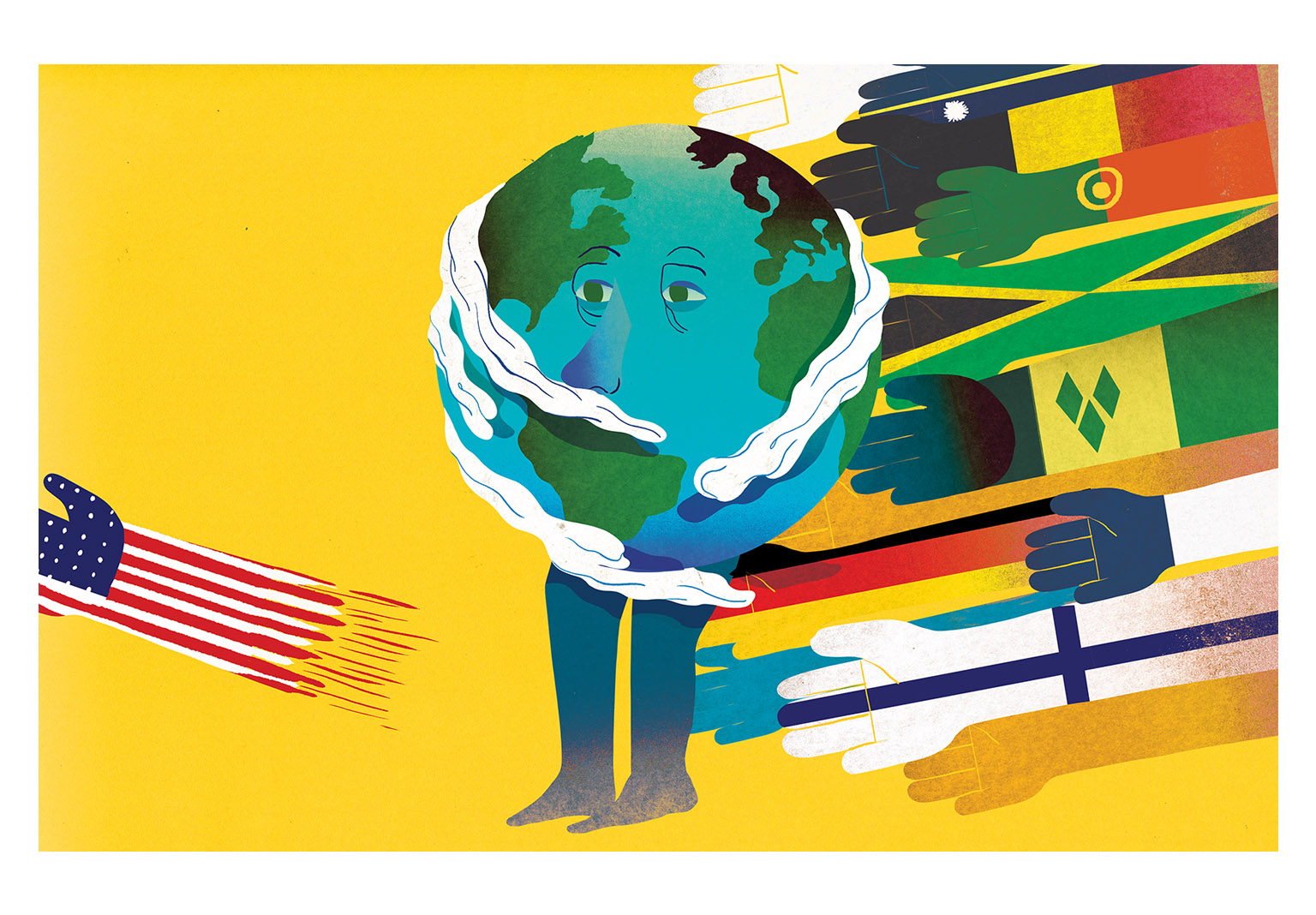
Trump has withdrawn the US from the Paris Agreement. Here’s why that’s not such a bad thing.
by Laura Hood
Researchers are questioning if ADHD should be seen as a disorder.
«It is “LIKE being inside a pinball machine with a hundred balls” says Lucy.»
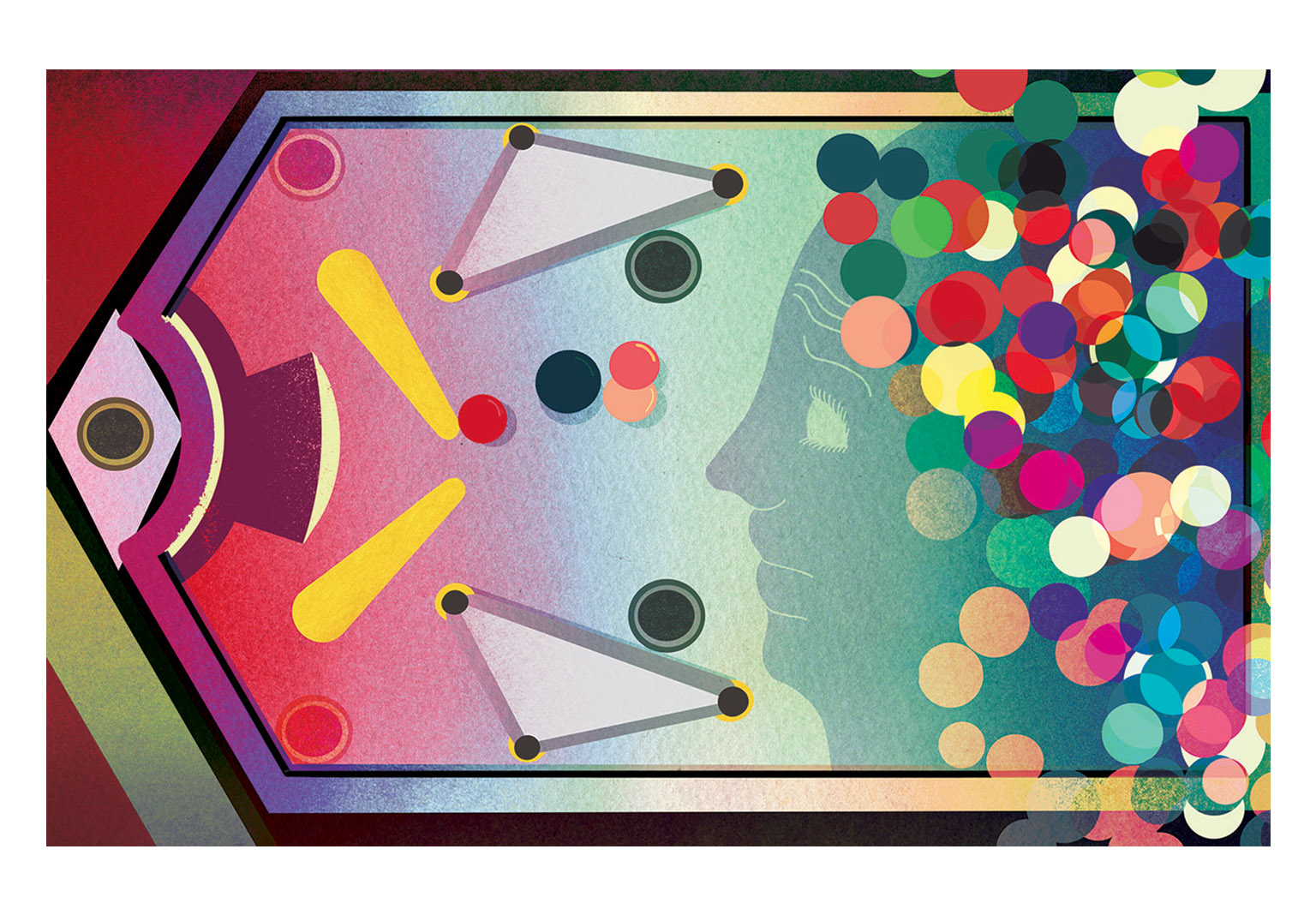
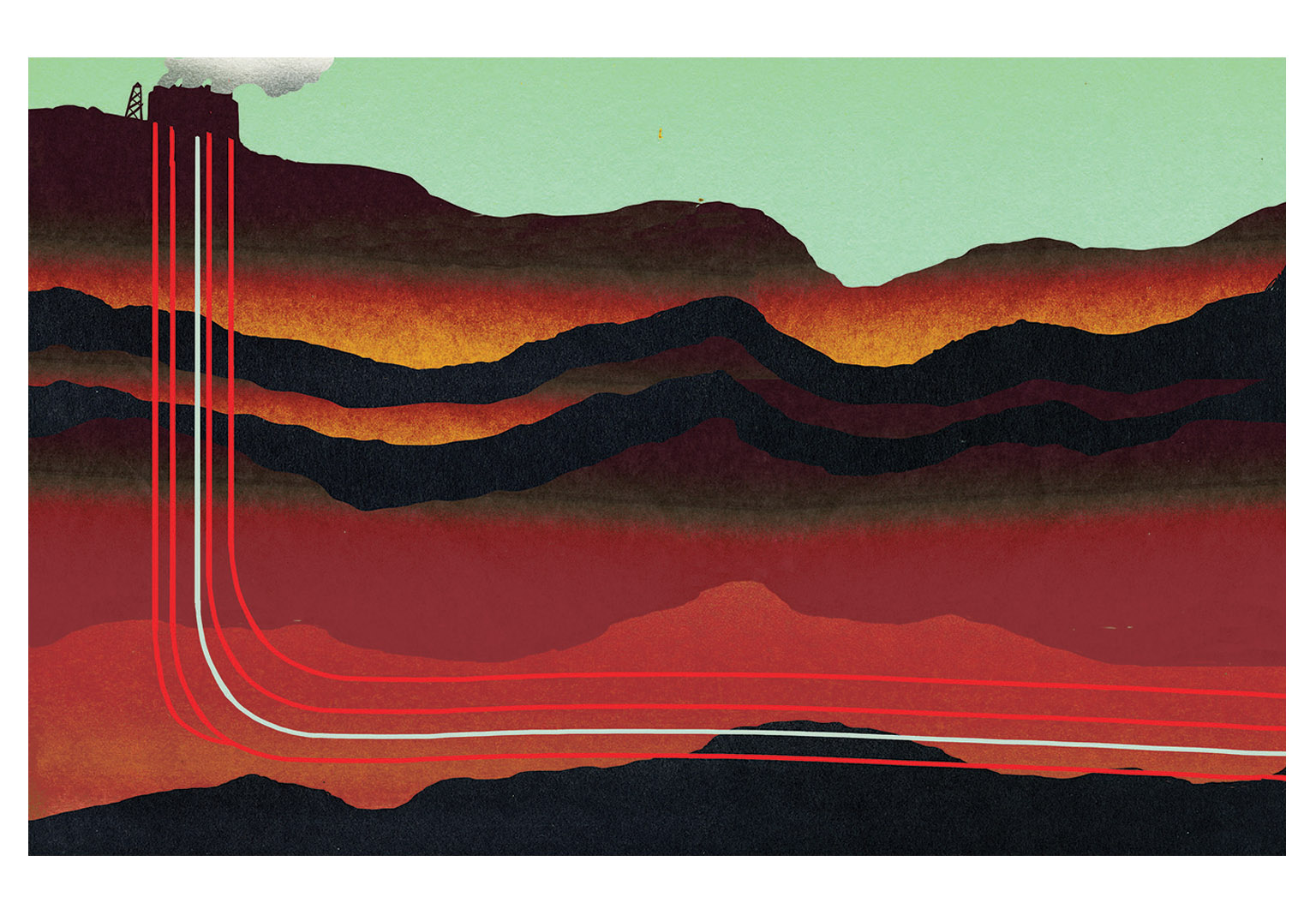
Geothermal power is vying to be a major player in the world’s clean-energy future
Here is the article as published in Internazionale
A big advance in mapping the structure of the brain
After larval fruit-flies’, more complex brains are next.
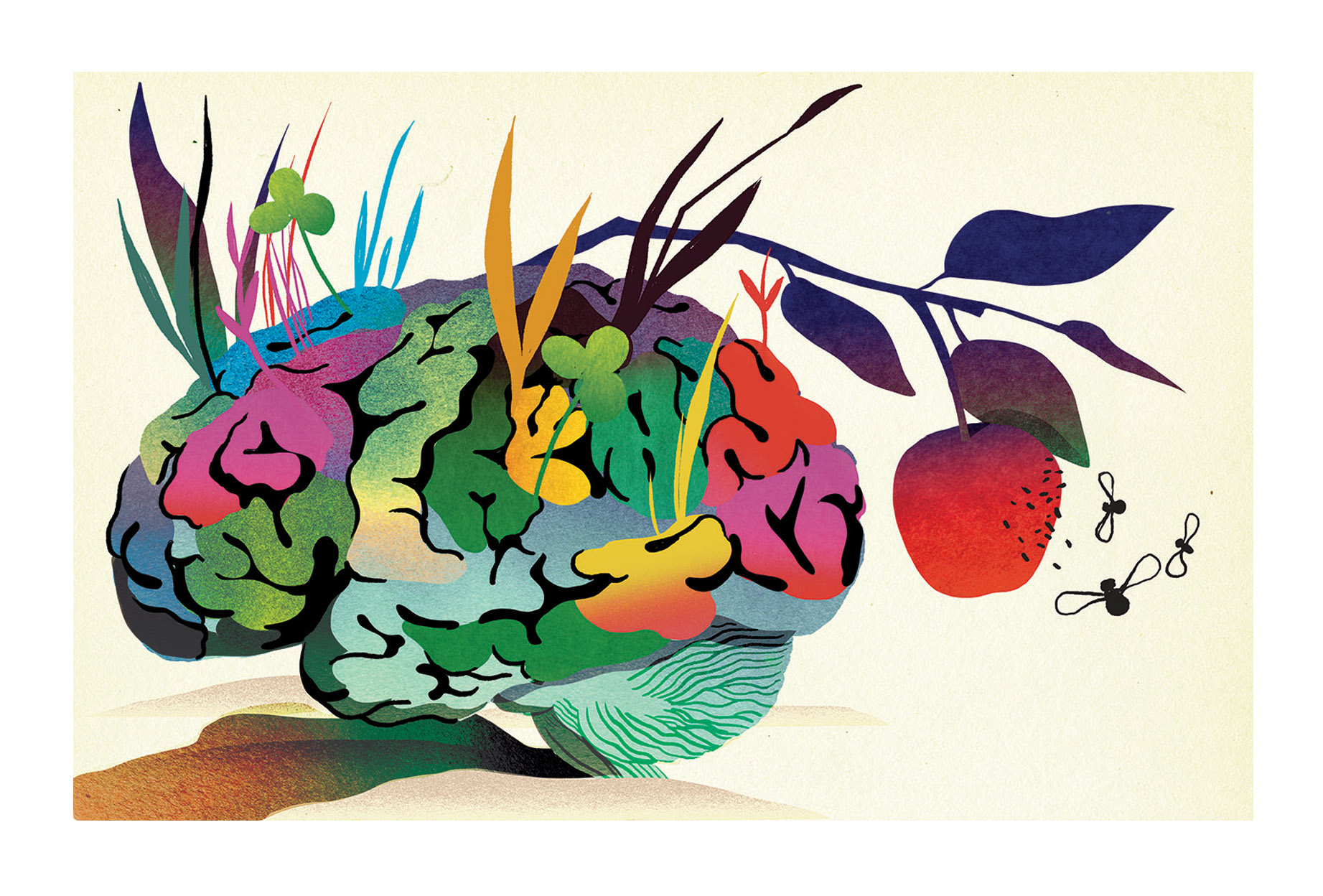
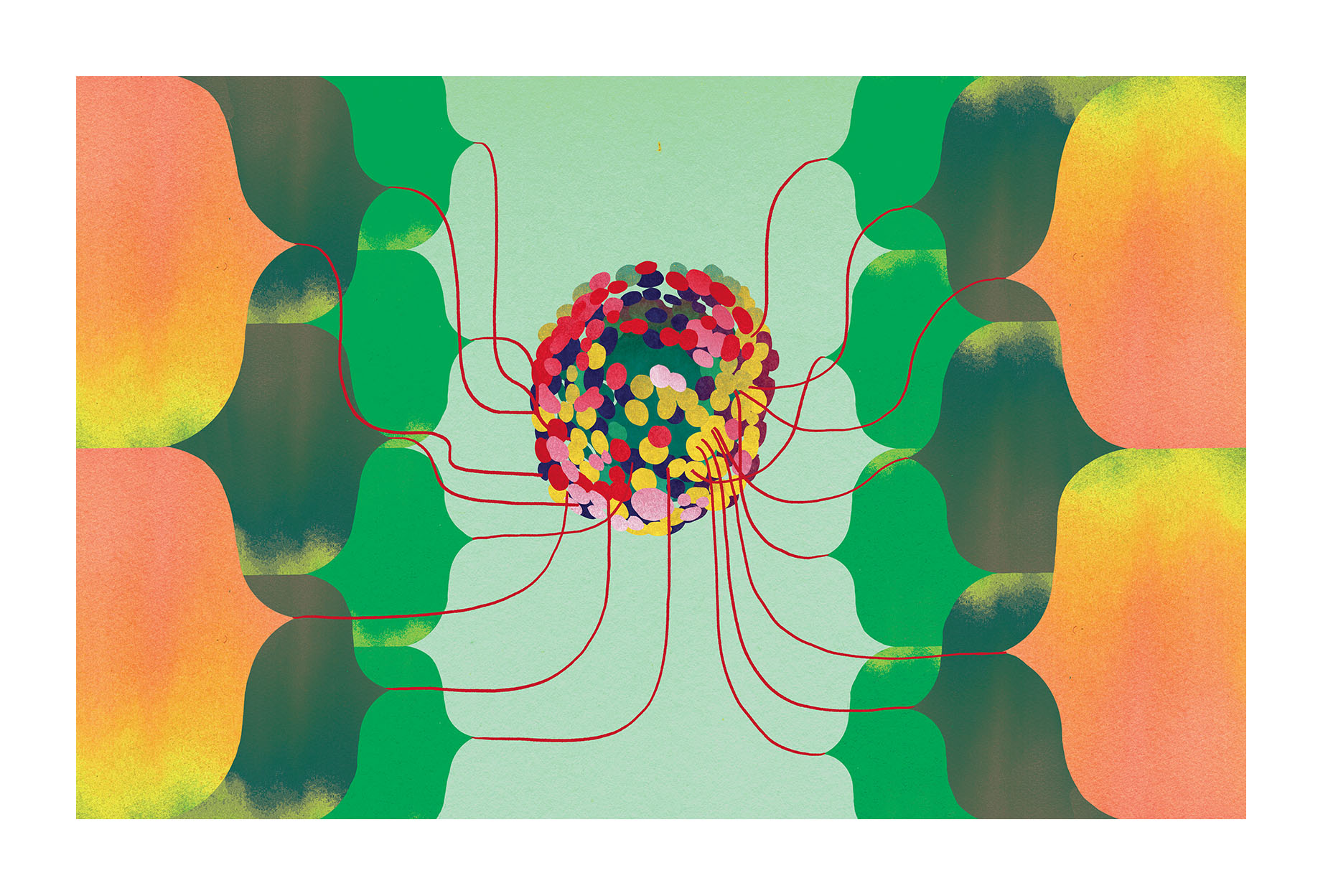
Scientists make artificial human embryos without sperm or egg through these lab-grown embryos.
by Tibi Puiu
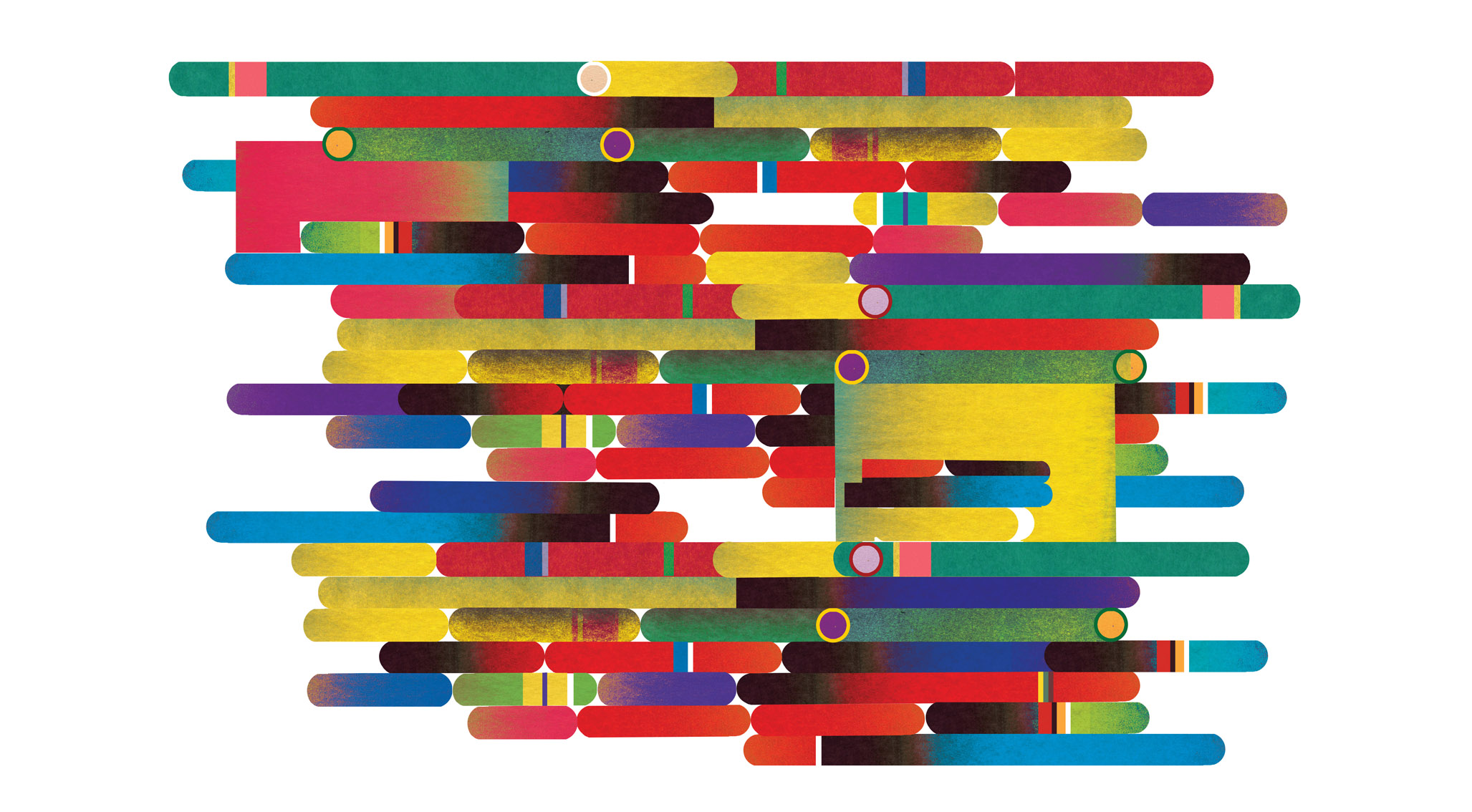
“The” human genome was always a misnomer.
A new repository aims to capture the genetic diversity of humanity.
Attention plant killers: new research shows your plants could be silently screaming at you. by Alice Hayward
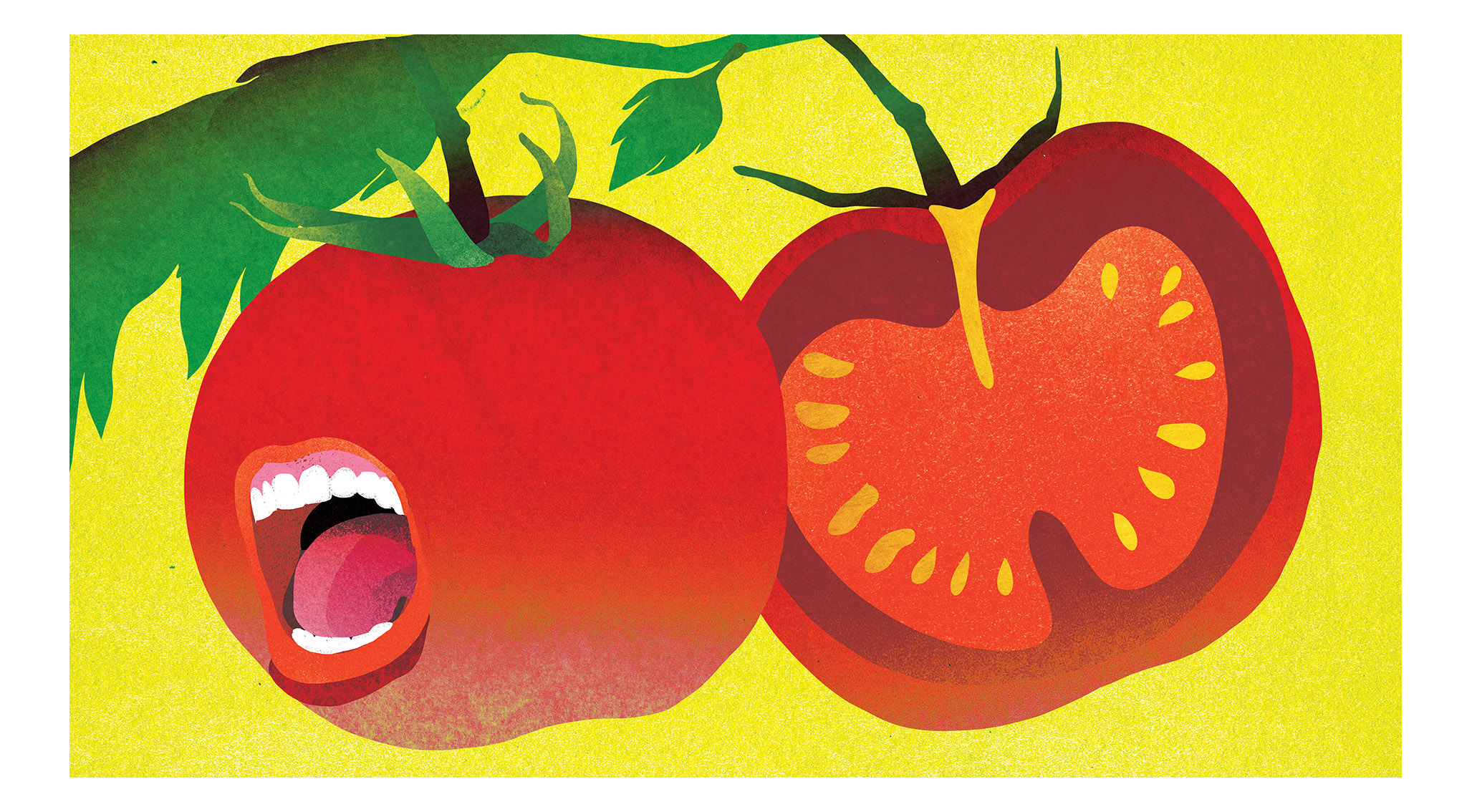
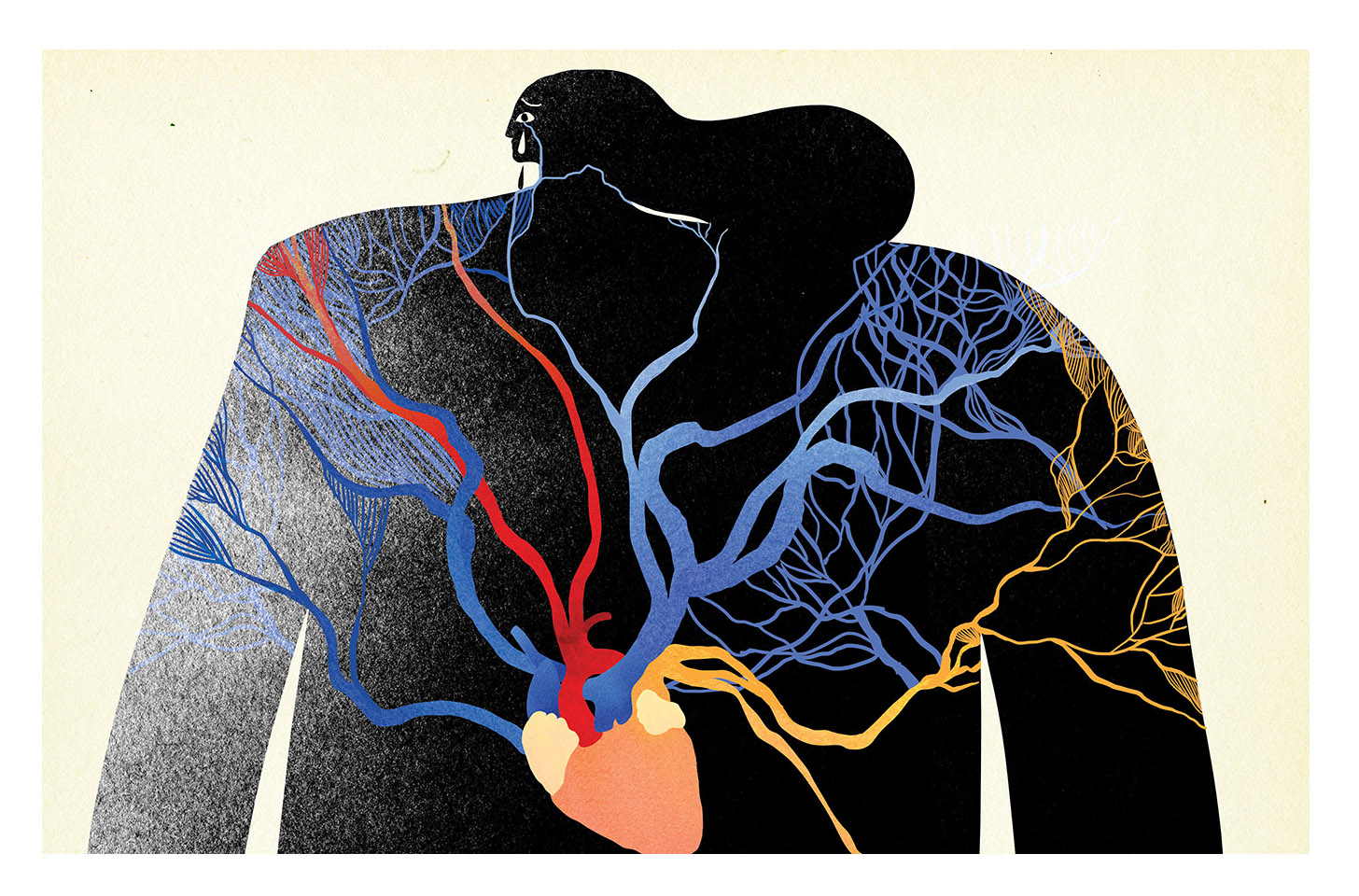
Why emotions can feel so painful and what it means for painkillers.
by Helen Thomson
Sequencing projects will screen 200,000 newborns for disease genes.
By Jocelyn Kaiser
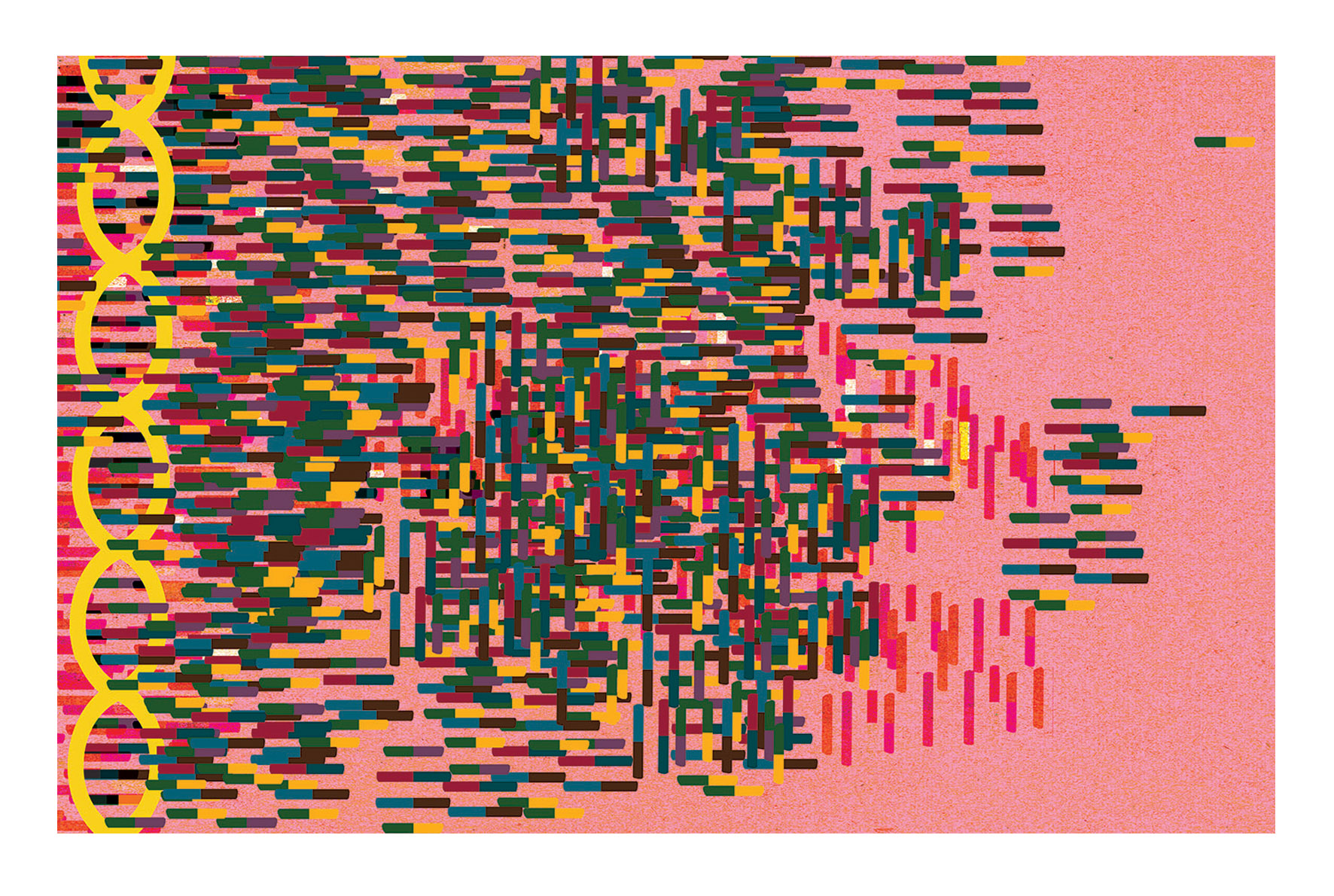
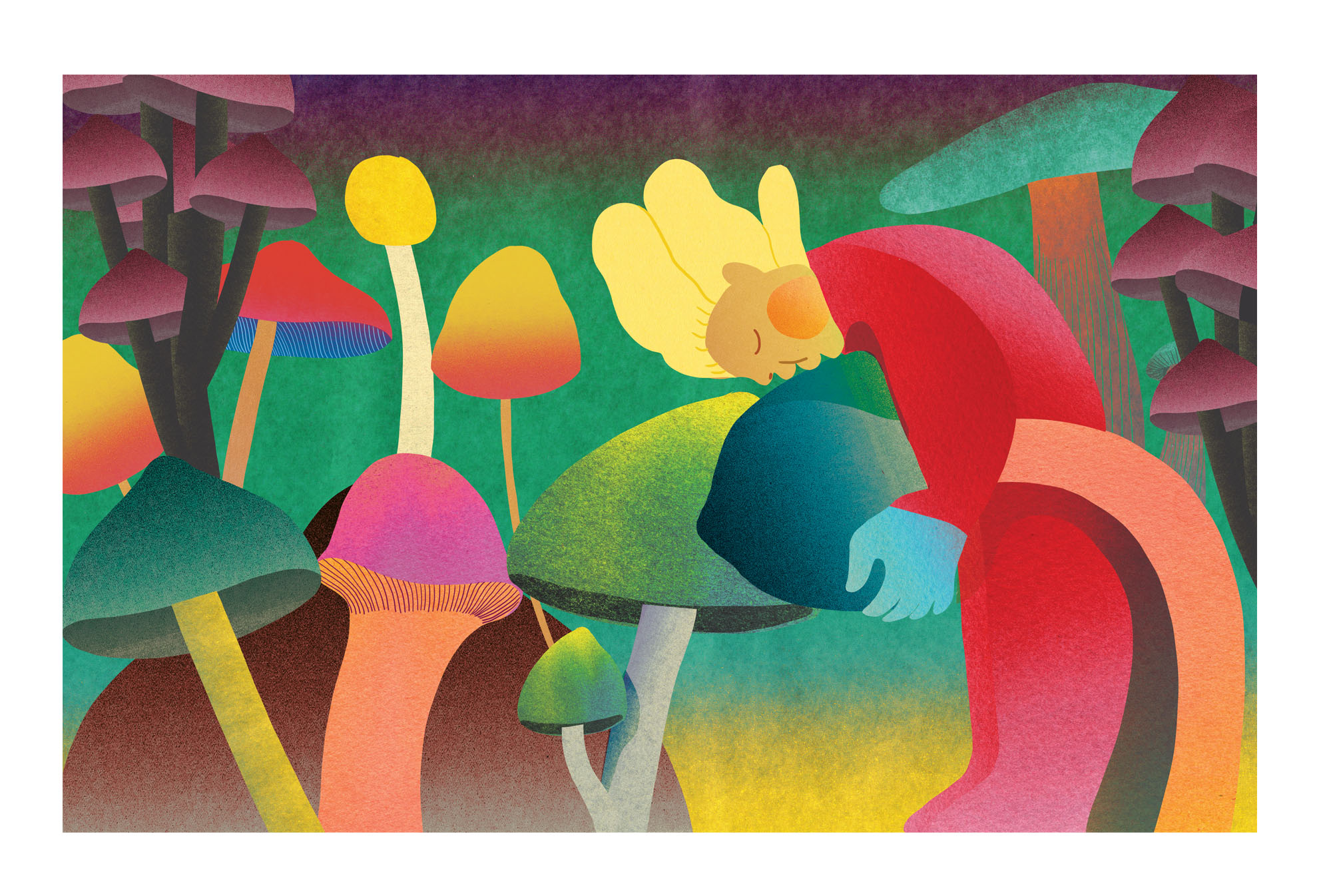
Psychedelics: how they act on the brain to relieve depression.
by Clare Tweedy
Has the pandemic changed our personalities? New research suggests we’re less open, agreeable and conscientious.
by Jolanta Burke
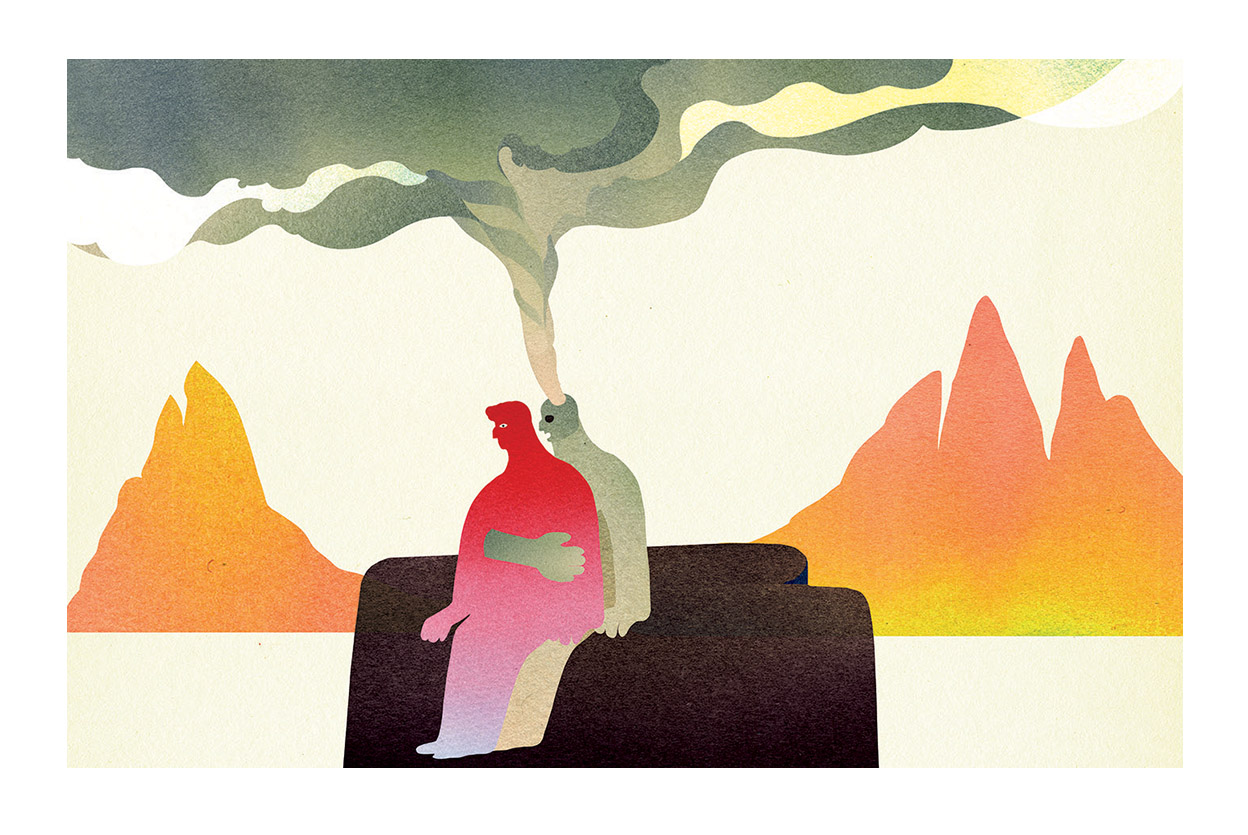
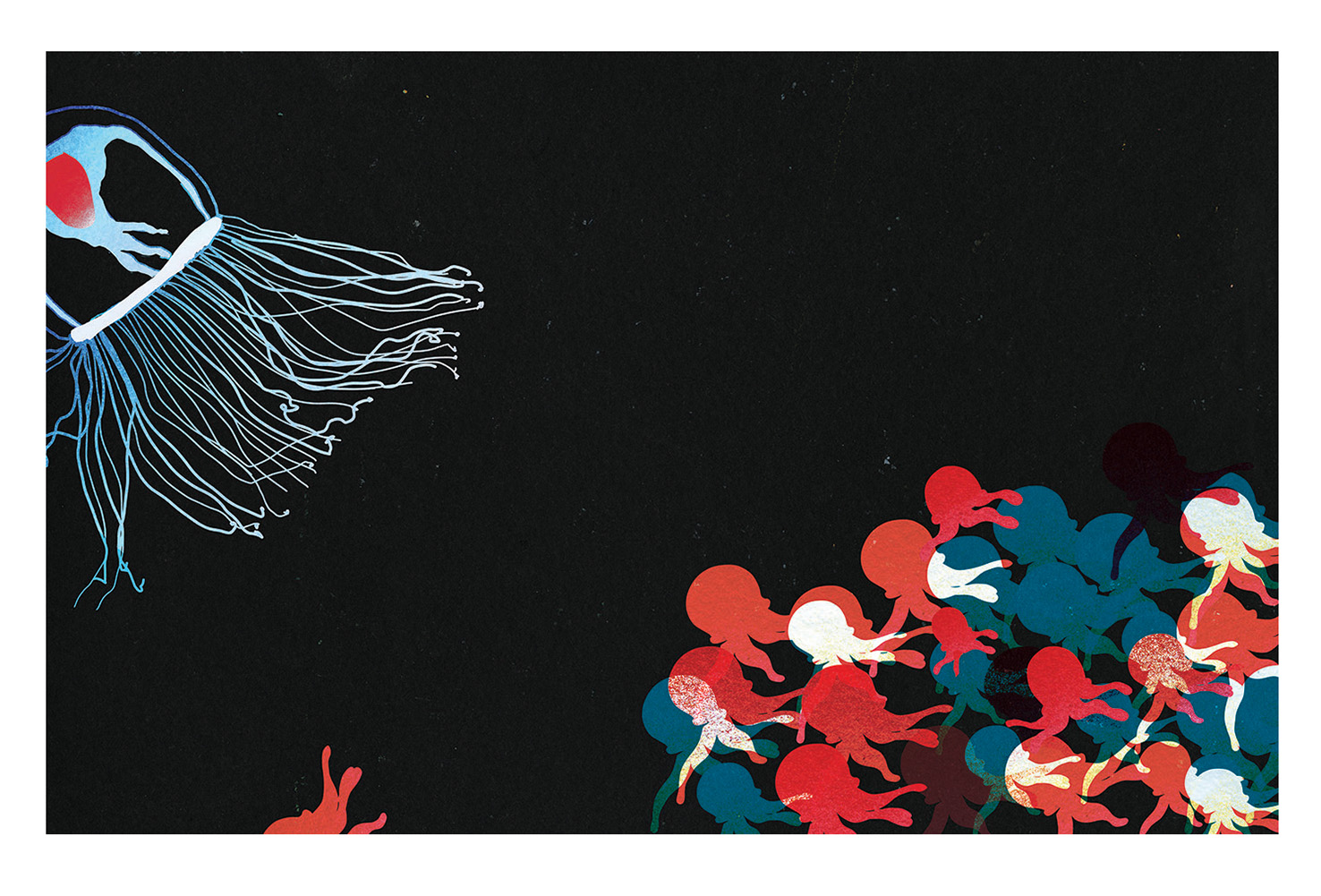
The genes of a jellyfish show how to live forever.
The problem is that it requires a complete bodily metamorphosis.
People with endometriosis and PCOS wait years for a diagnosis – attitudes to women’s pain may be to blame.
By Anne-Marie Boylan, Annalise Weckesser and Sharon Dixon
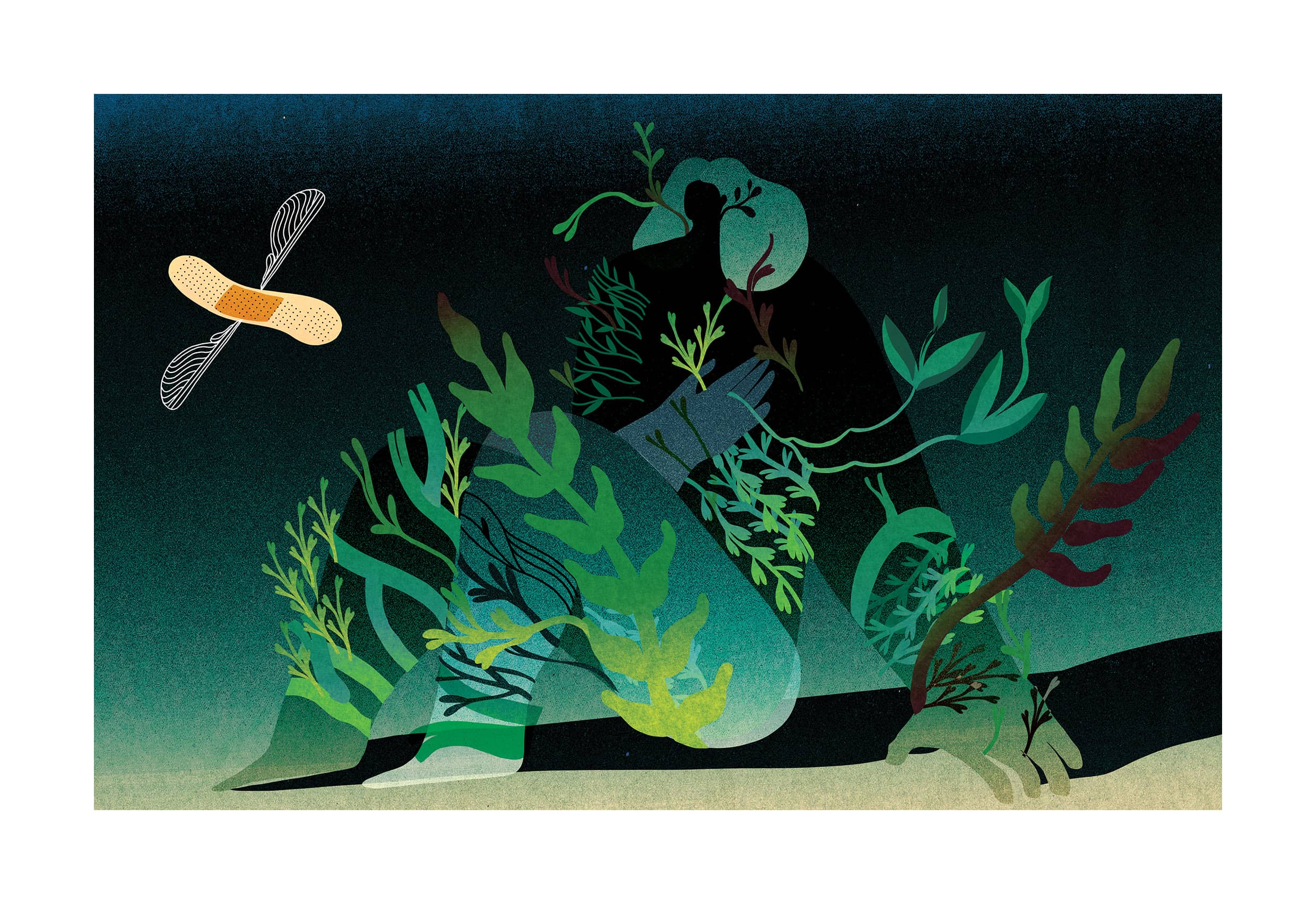
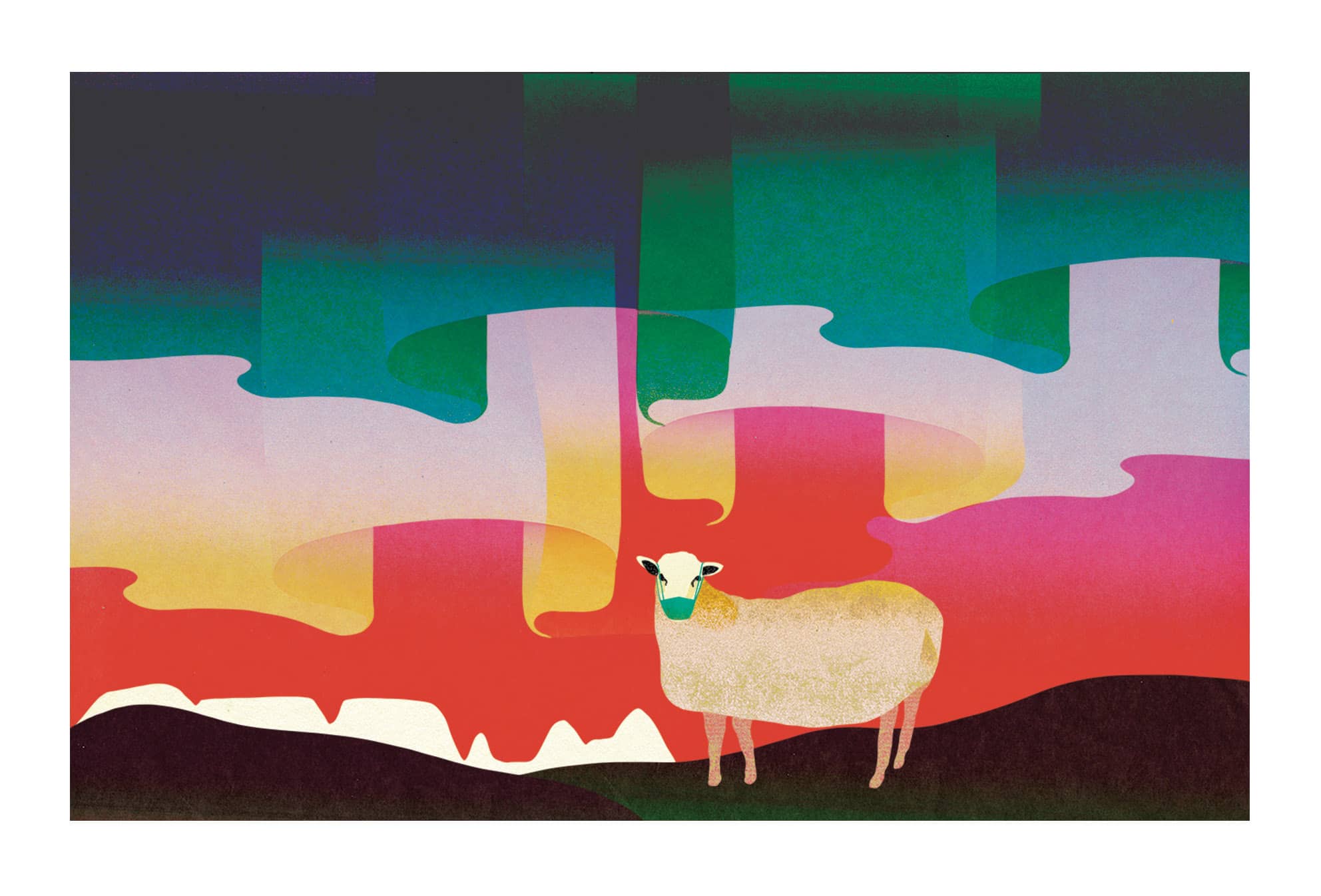
Iceland targets herd immunity with controversial covid-19 strategy.
Many countries have scaled back their coronavirus restrictions, but Iceland is going further with a plan to let infections spread.
By Clare Wilson
We Accidentally Solved the Flu. Now What?
By Jacob Stern
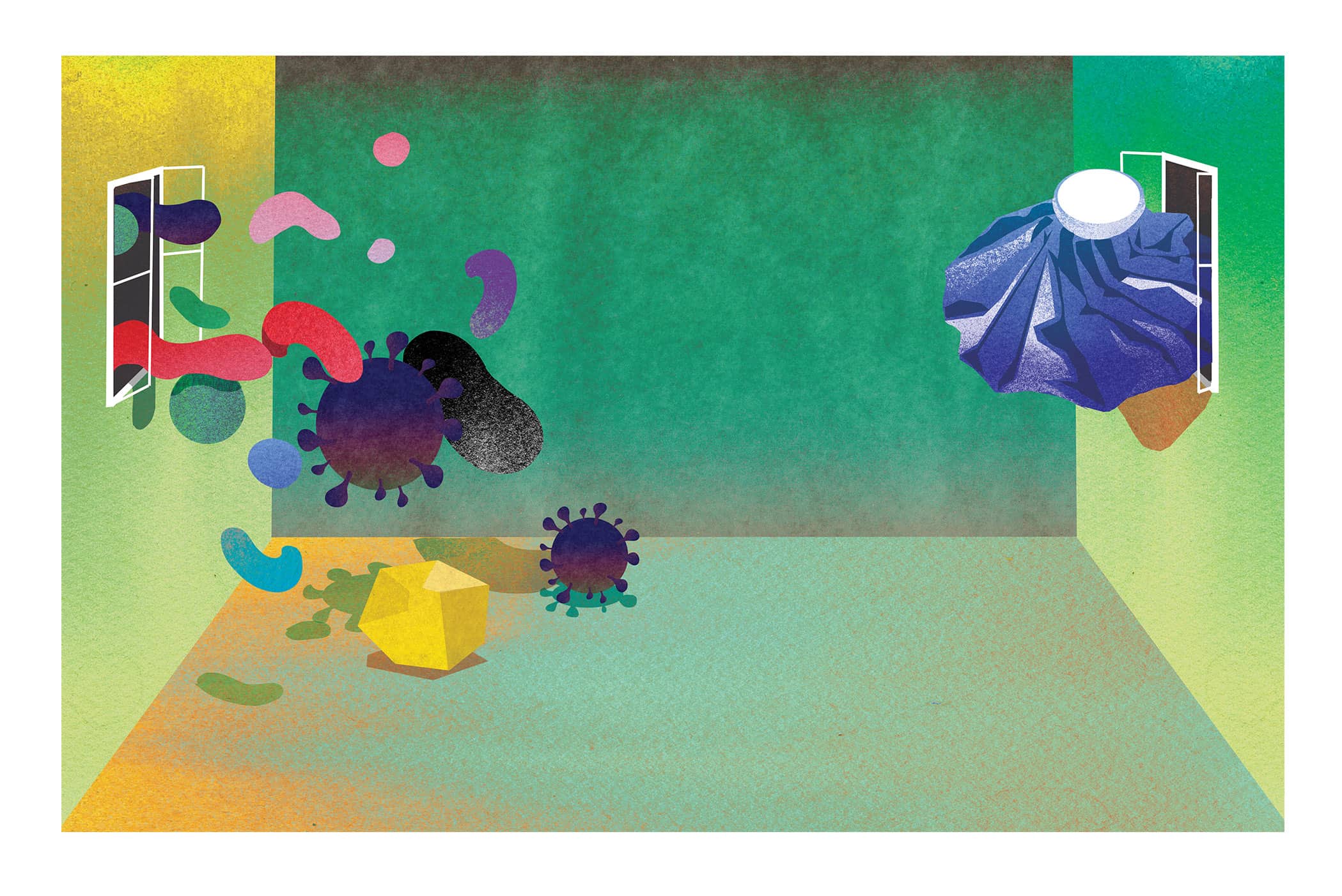
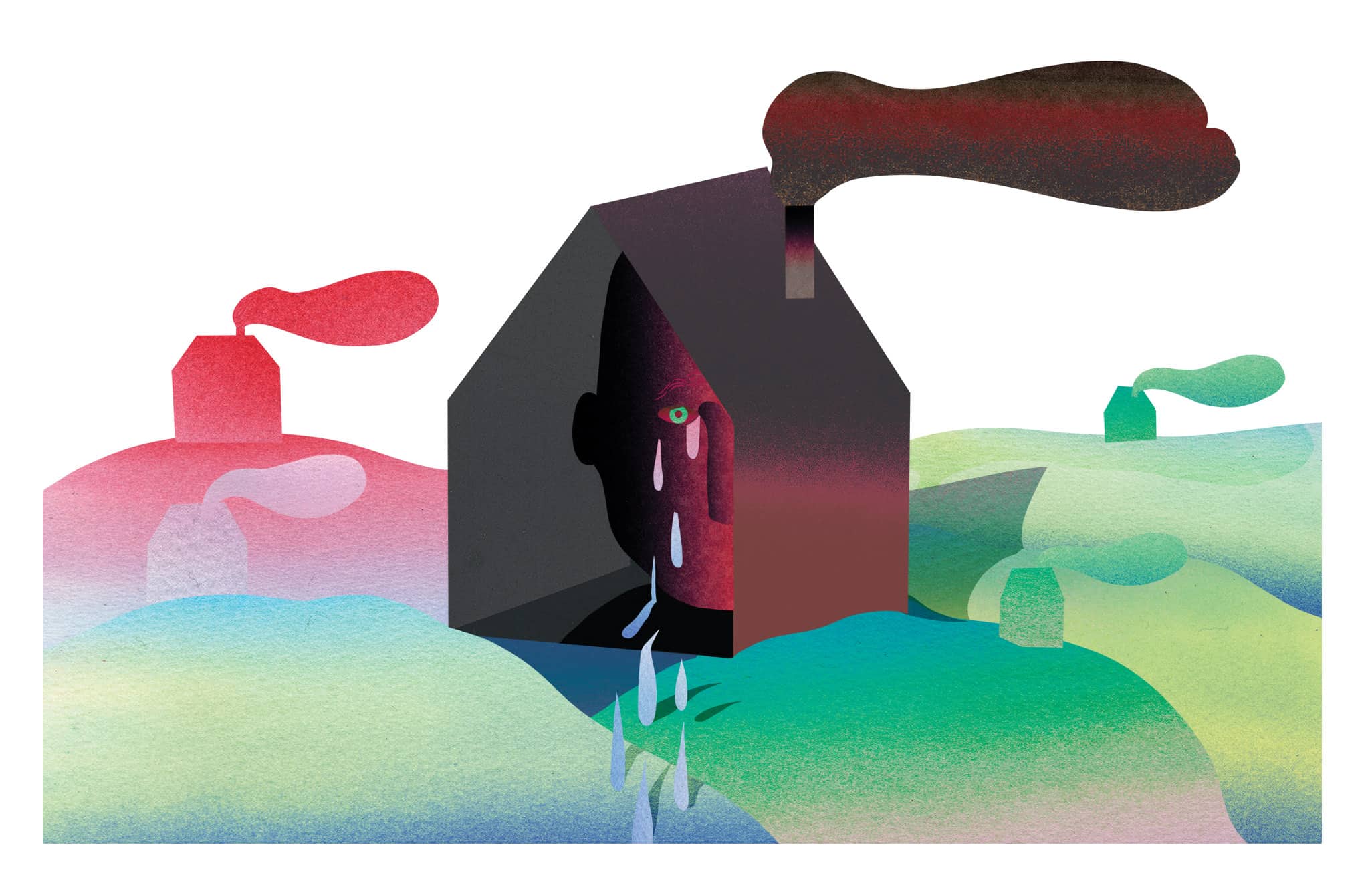
Coming off antidepressants risks relapse, but so does staying on them.
By Clare Wilson
City-wide quantum data network in China is the largest ever built.
by Matthew Sparkes
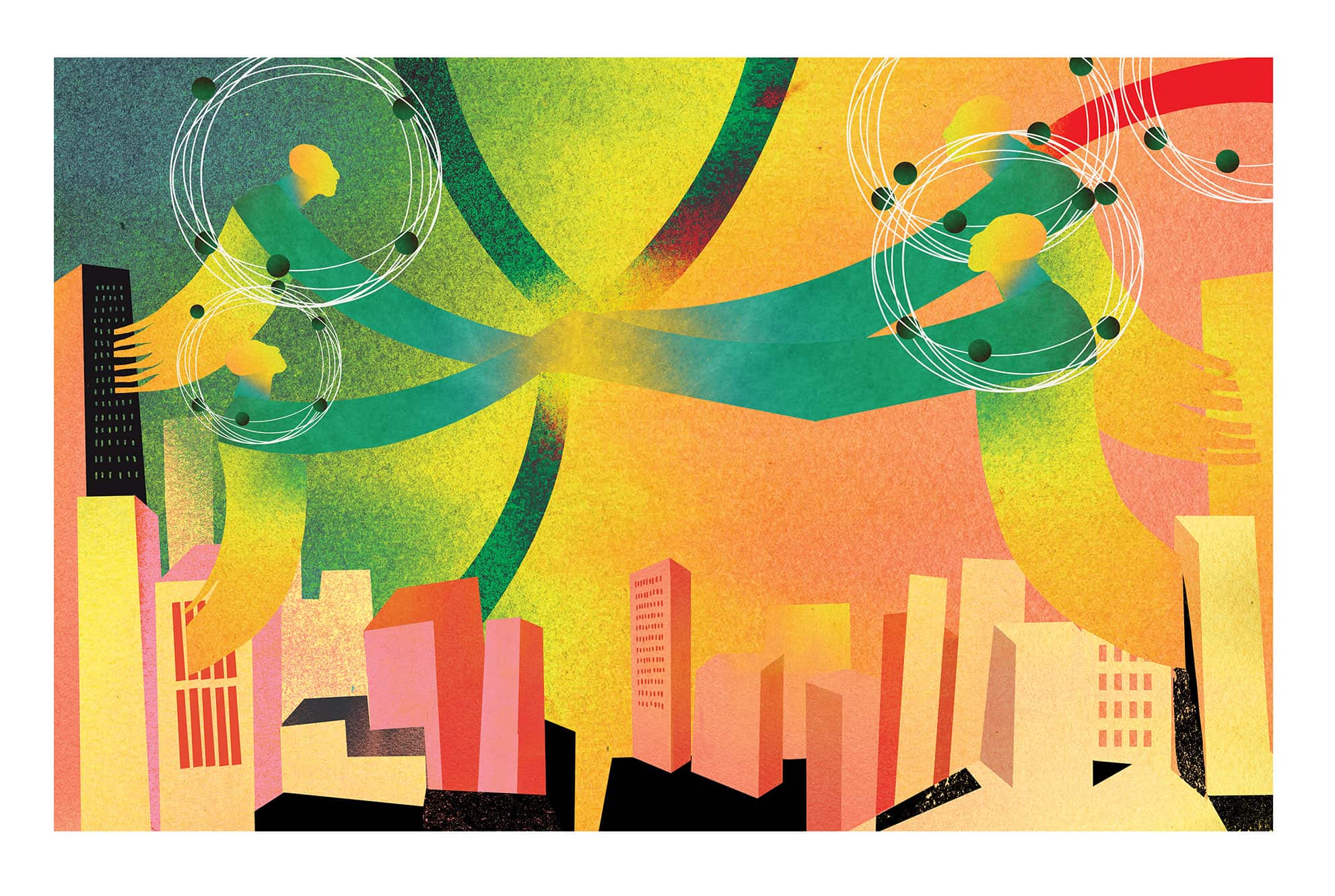
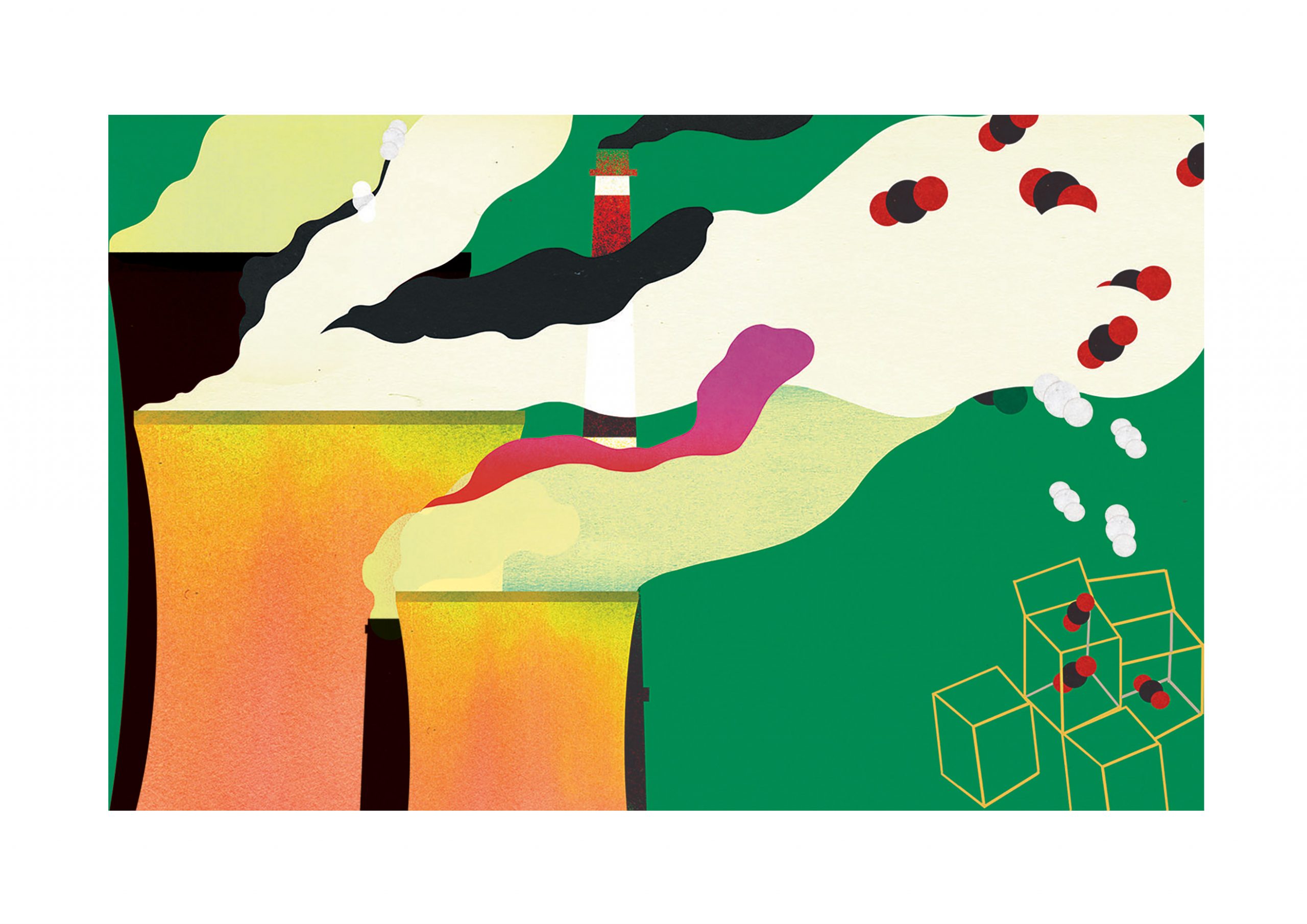
From jet fuel to clothes, microbes can help us recycle carbon dioxide into everyday products.
by Jamin Wood, Bernardino Virdis, Shihu Hu
Group-think: what it is and how to avoid it.
by Colin Fisher
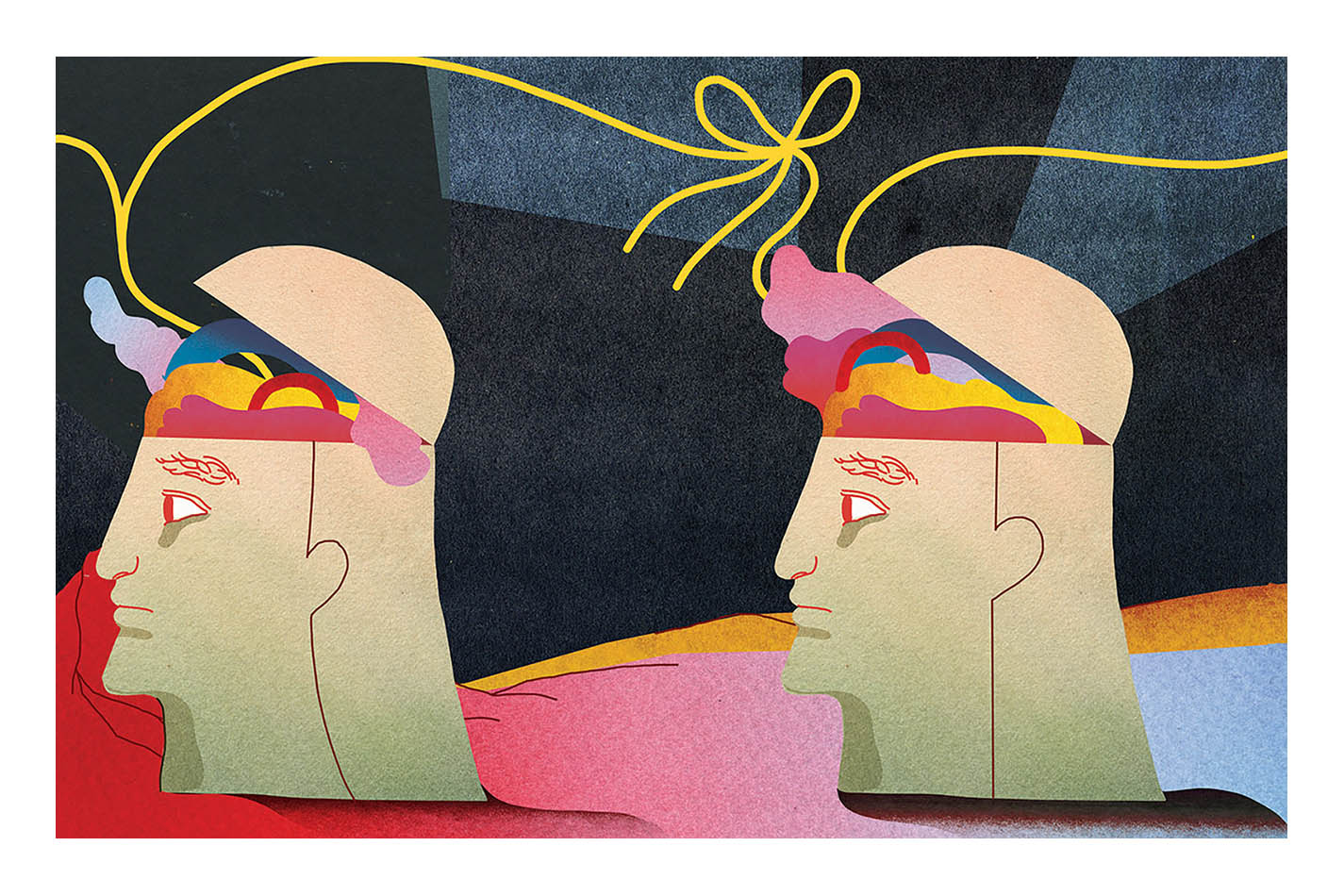
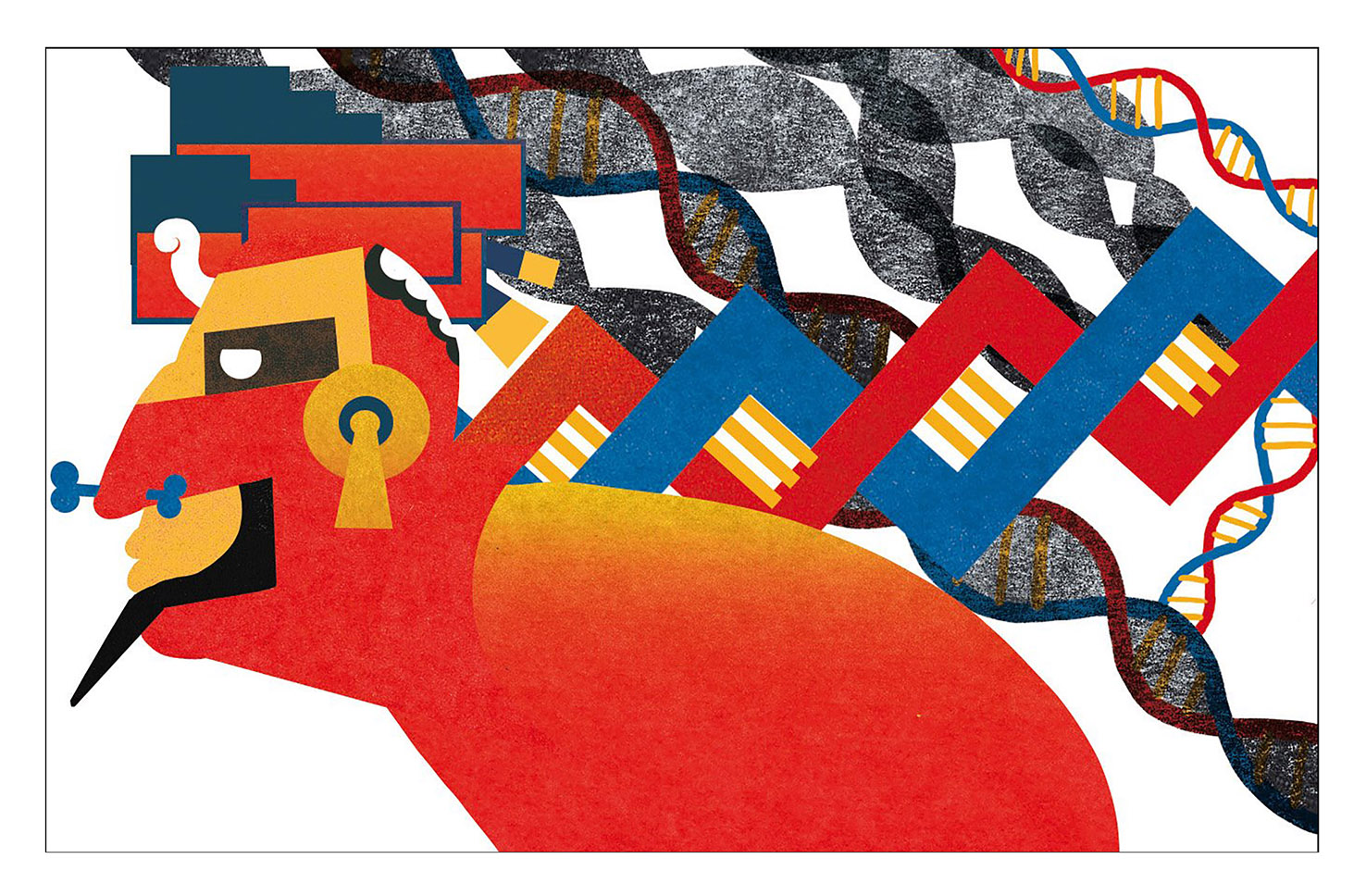
People from Mexico show stunning amount of genetic diversity.
by Lizzie Wade
Microplastics in household dust could promote antibiotic resistance
Polyester and nylon seem to be common sources.
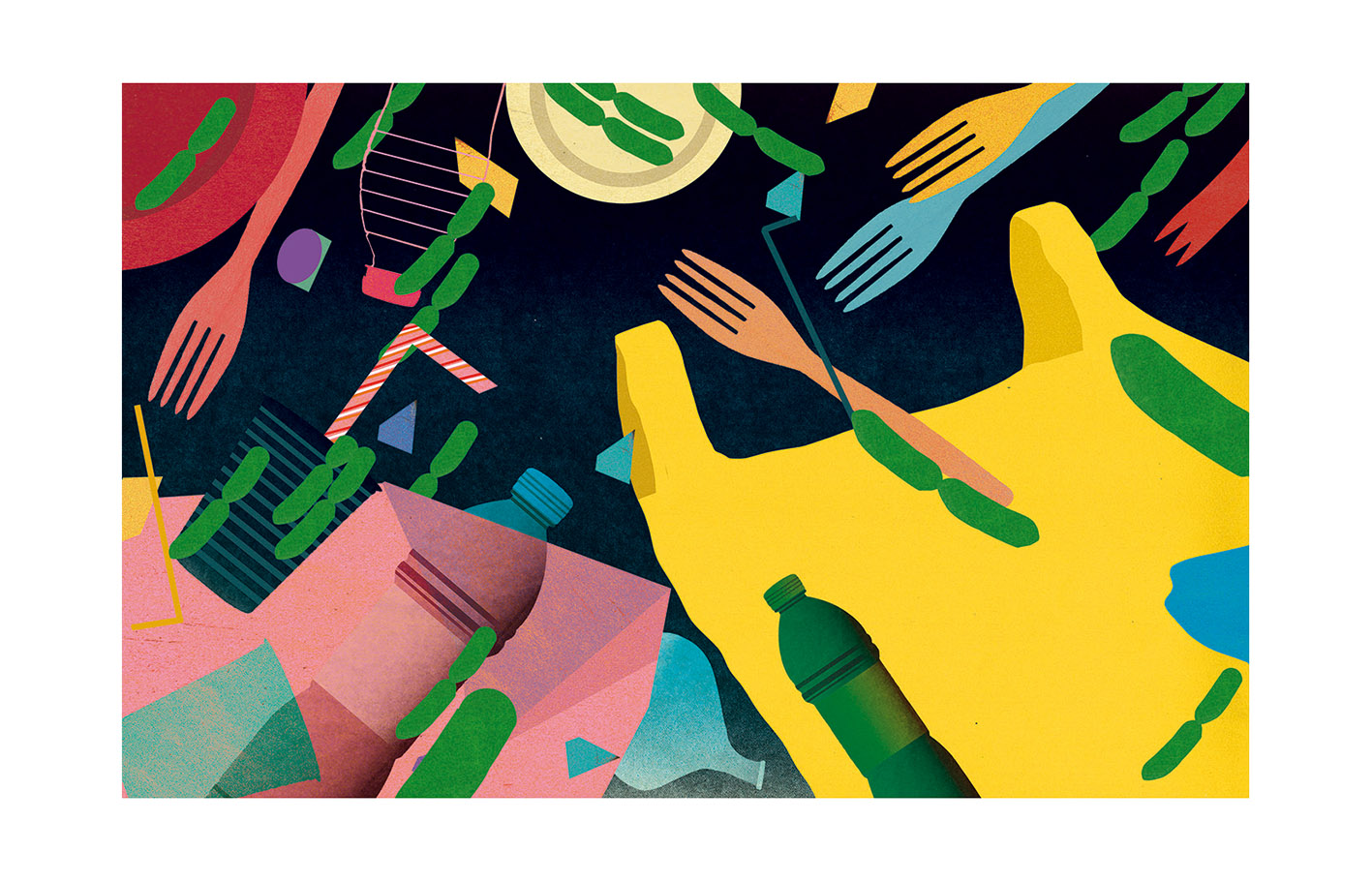
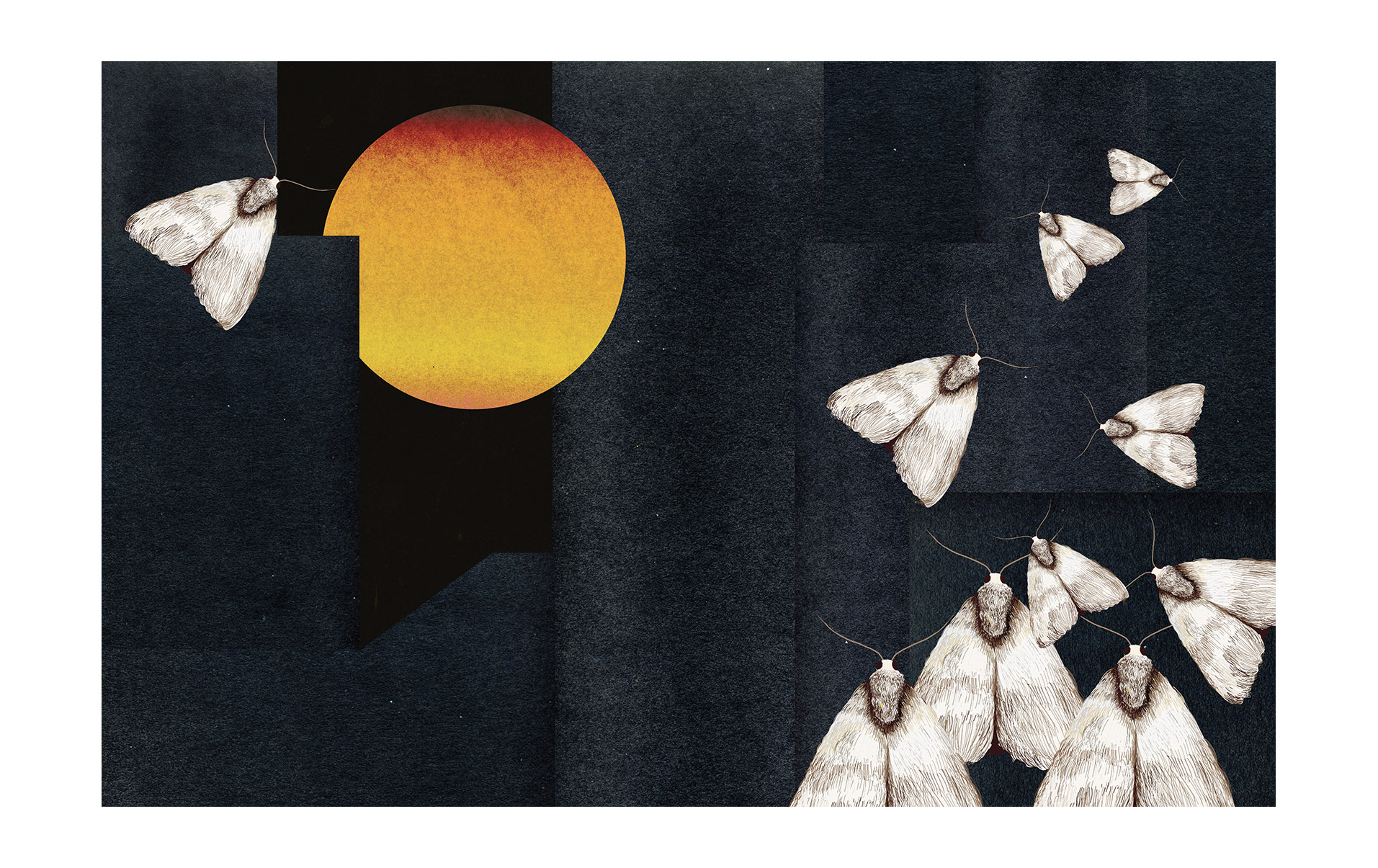
Sexual Attraction Is the Oldest Story on Earth when one cell drifts by another cell, pheromones fly.
by Ilana E. Strauss
Record $8 billion payout won’t turn back the clock on US opioid crisis.
by Clare Wilson
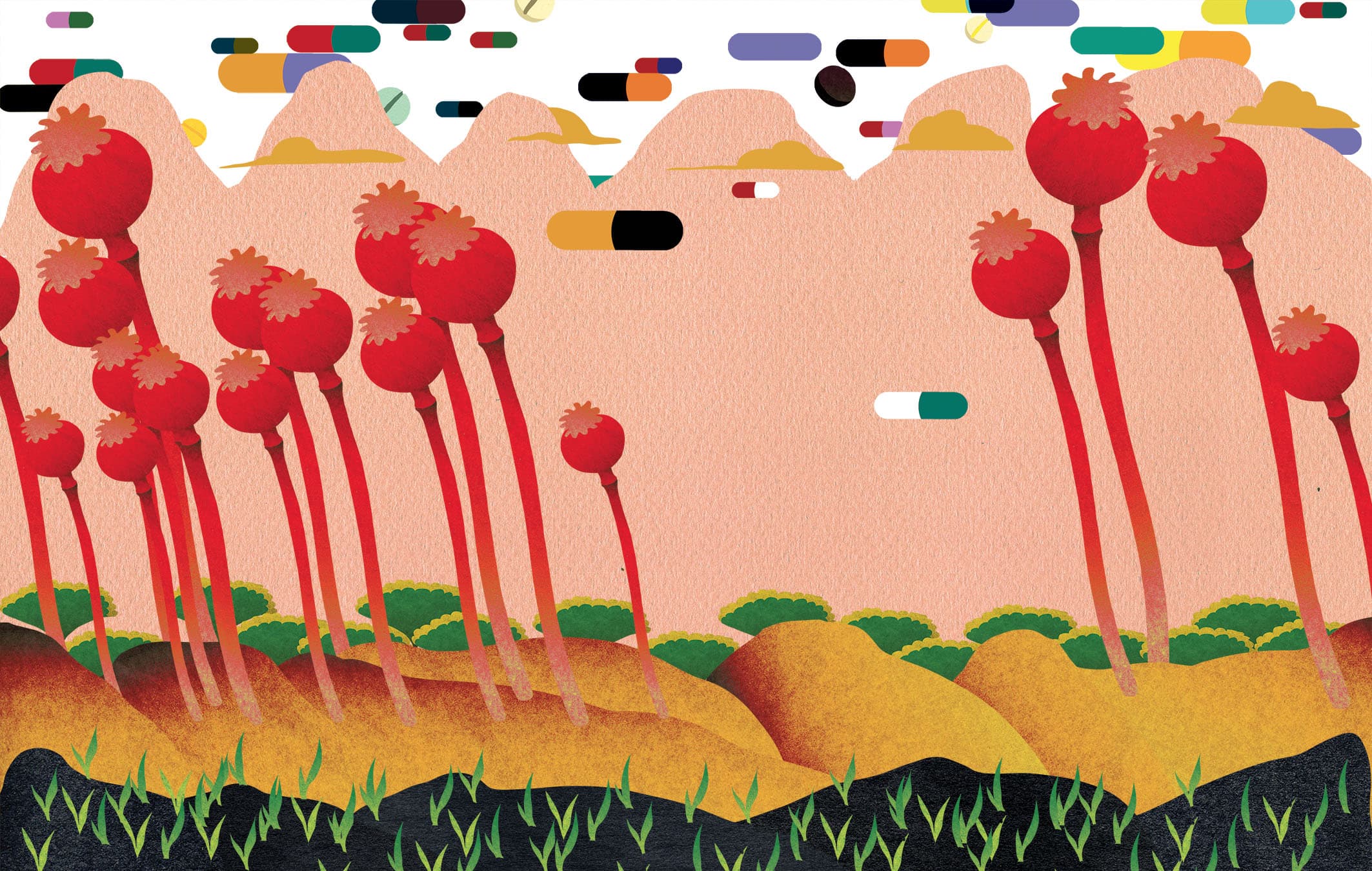
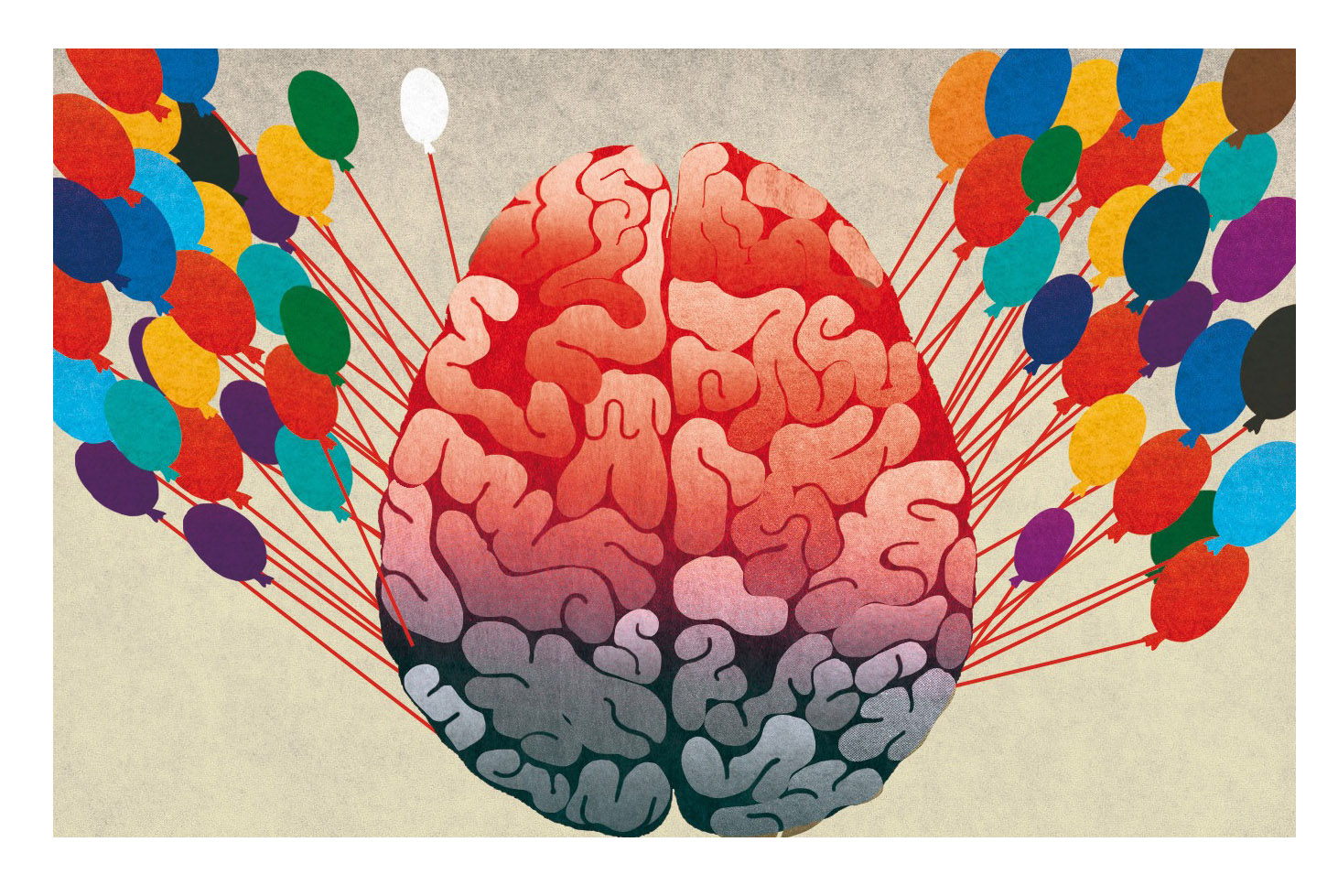
Brain baloney has no place in the classroom.
by Pete Etchells
Food allergies may be on the rise because babies start solids too late.
Giving babies potentially allergenic foods early on, may reduce the risk of allergies – but many parents don’t, as that conflicts with advice to breastfeed until six months.
by Clare Wilson
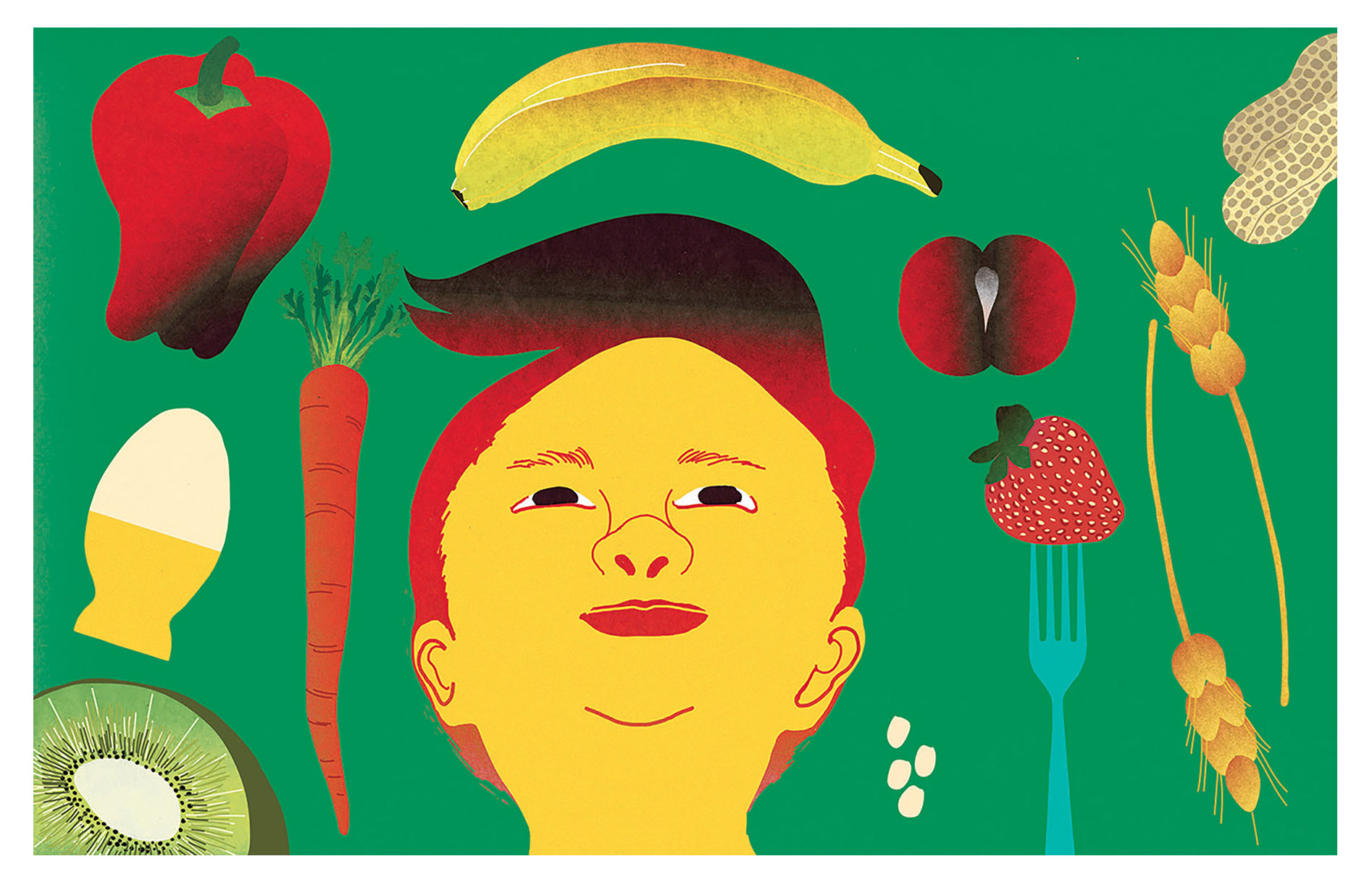
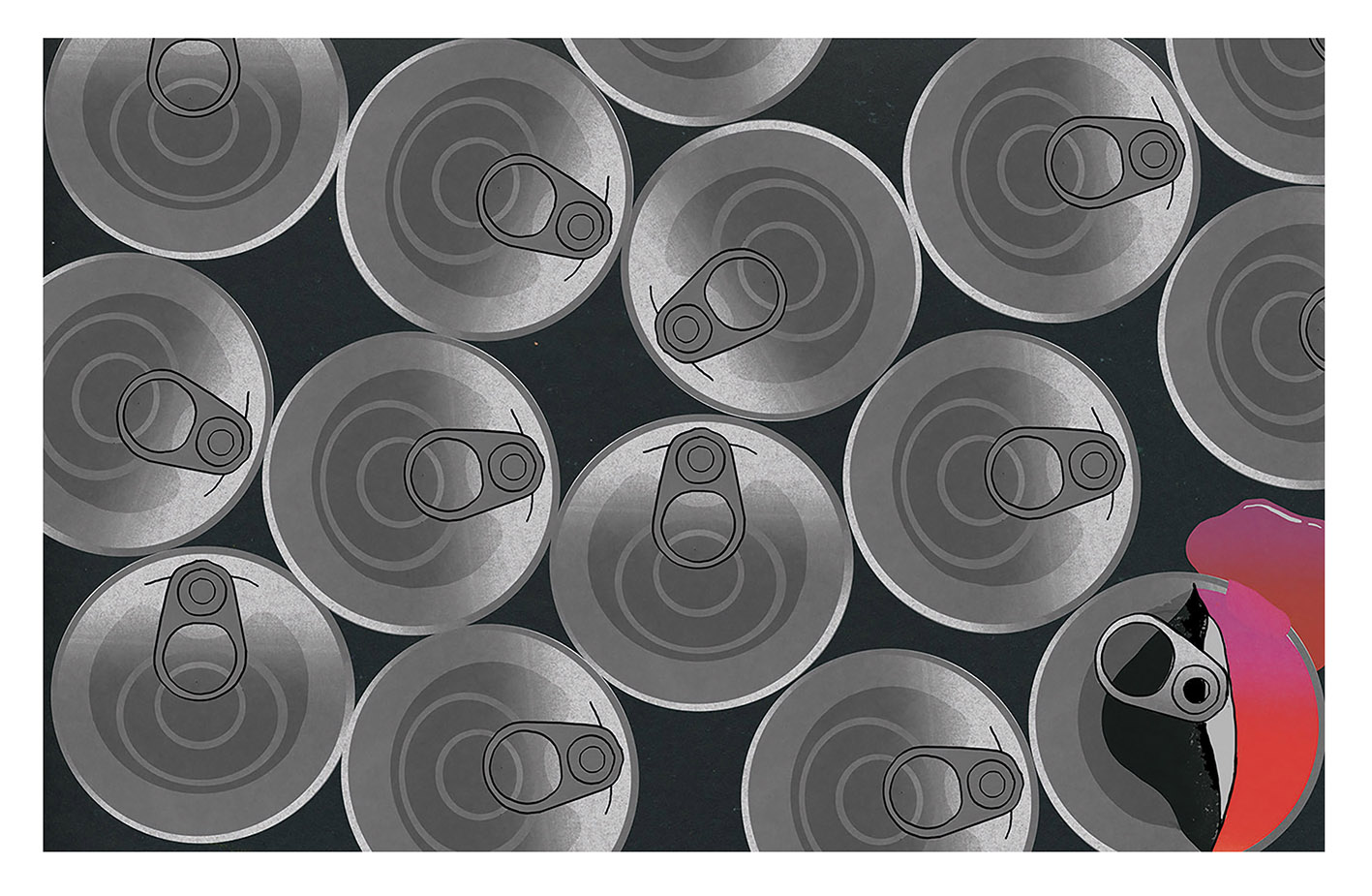
Some fish are still full of mercury, for a worrying reason.
by Ed Yong
Browsing deer affect how a forest sounds.
Changes in the auditory environment as a result of herbivory, could influence how animals communicate, and may have implications for sound-based monitoring of species.
by Jeff Akst
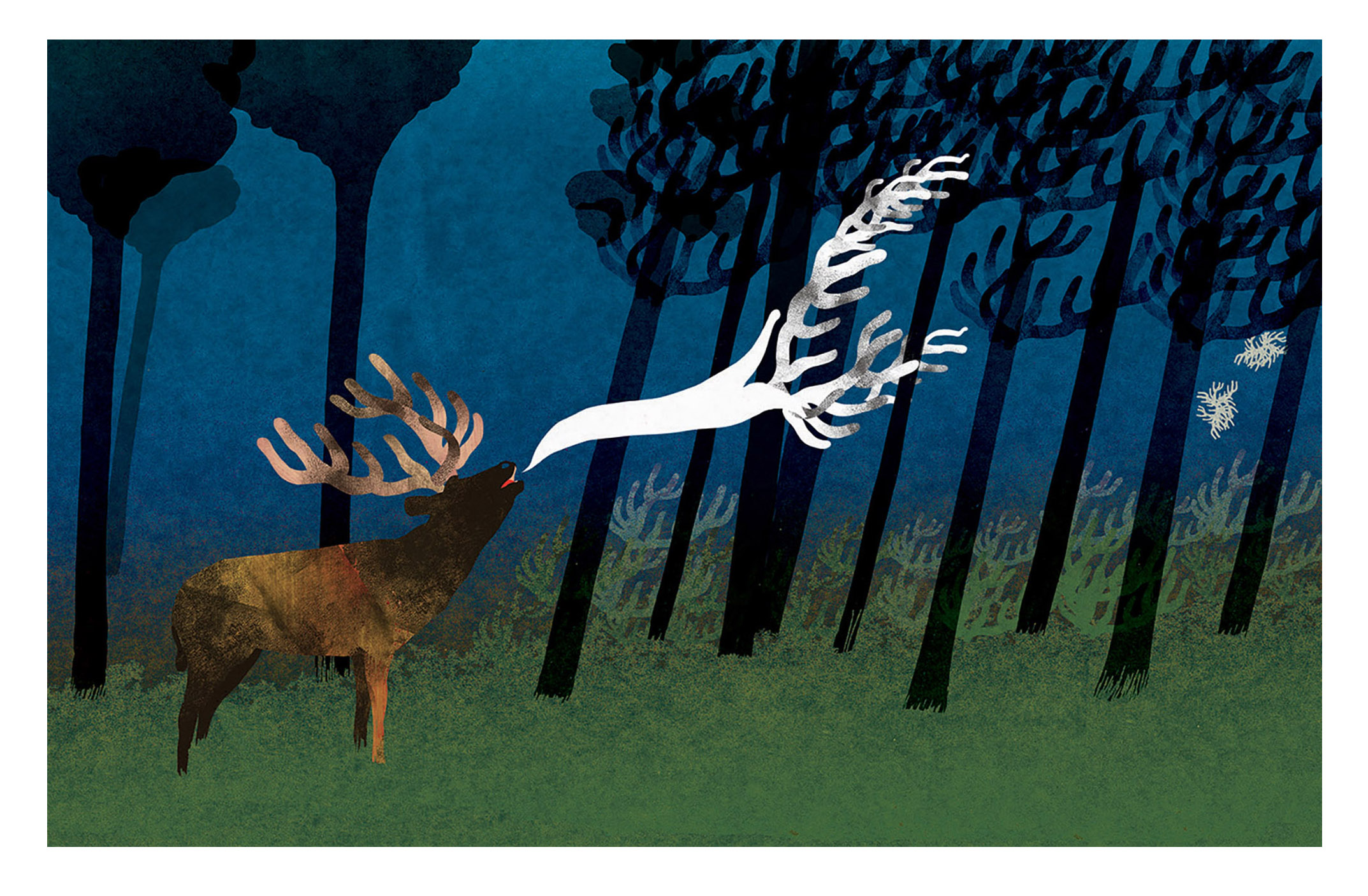
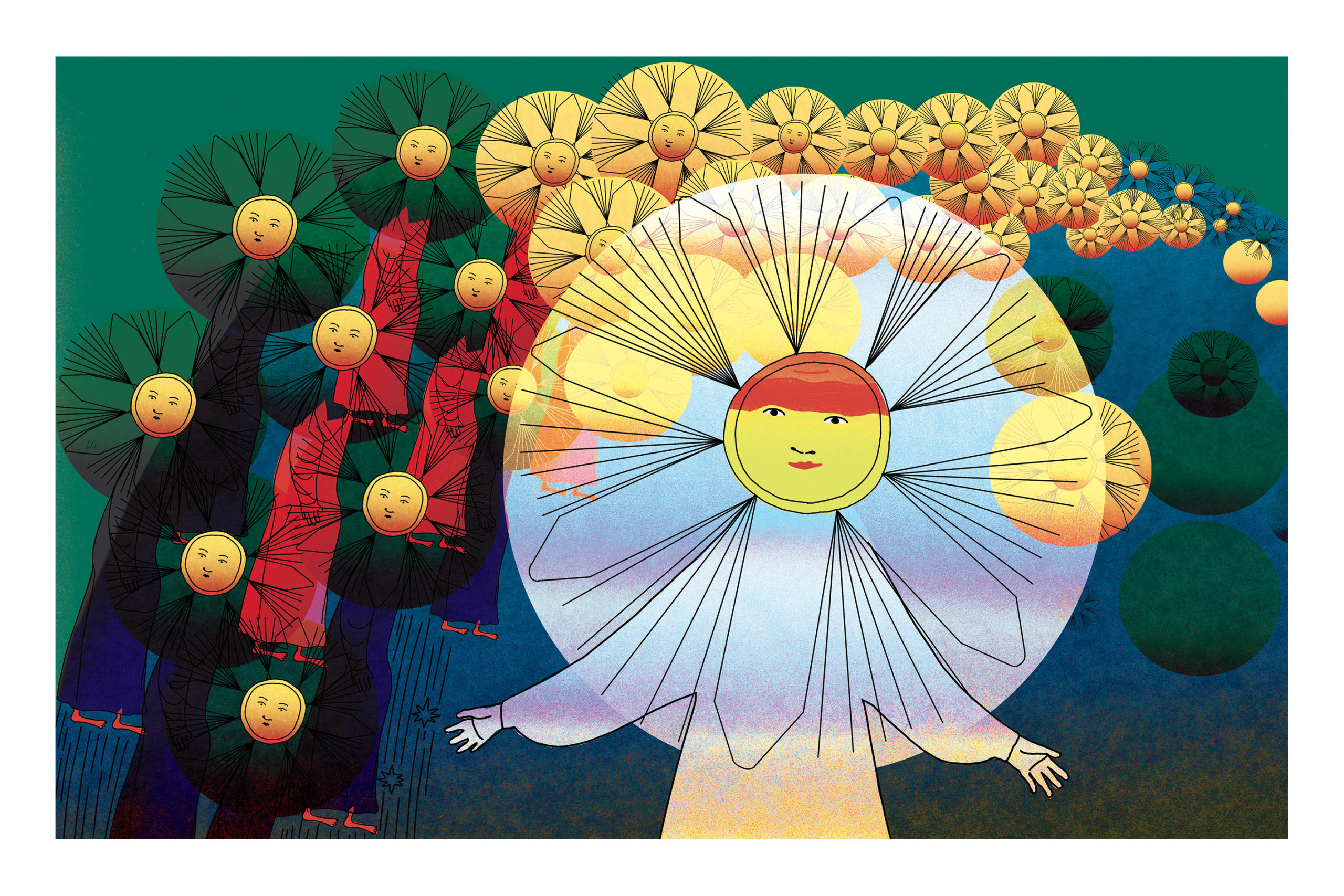
The loneliest stars in the galaxy – certain stars have a history distinct from all the others around them.
by Marina Koren
to purchase go here
Human drugs are polluting the water – and animals are swimming in it.
by Rebecca Giggs
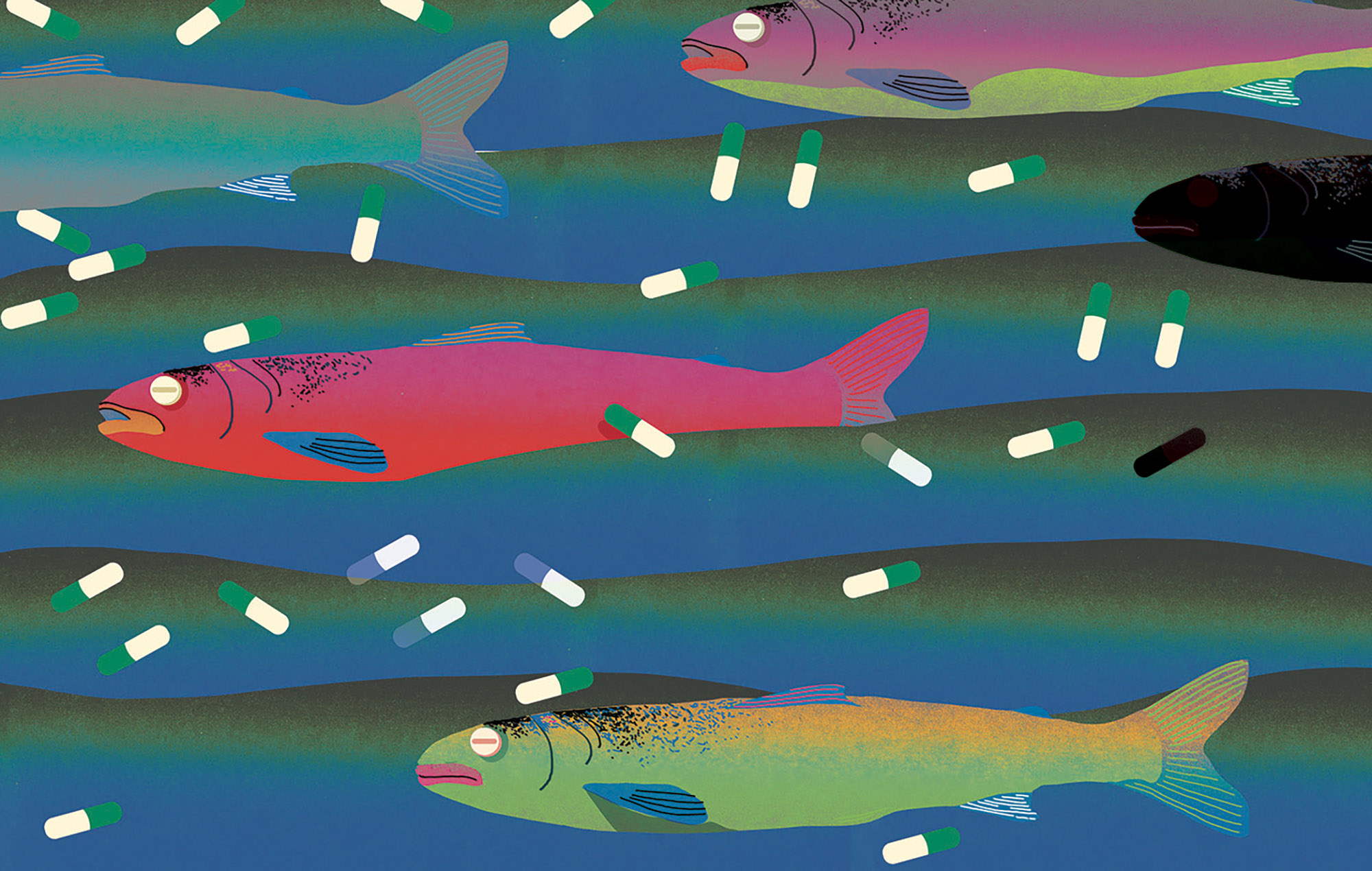

Schrödinger’s cat and quantum mechanics.
Natural selection may help account for Dutch height advantage.
by Carl Zimmer
